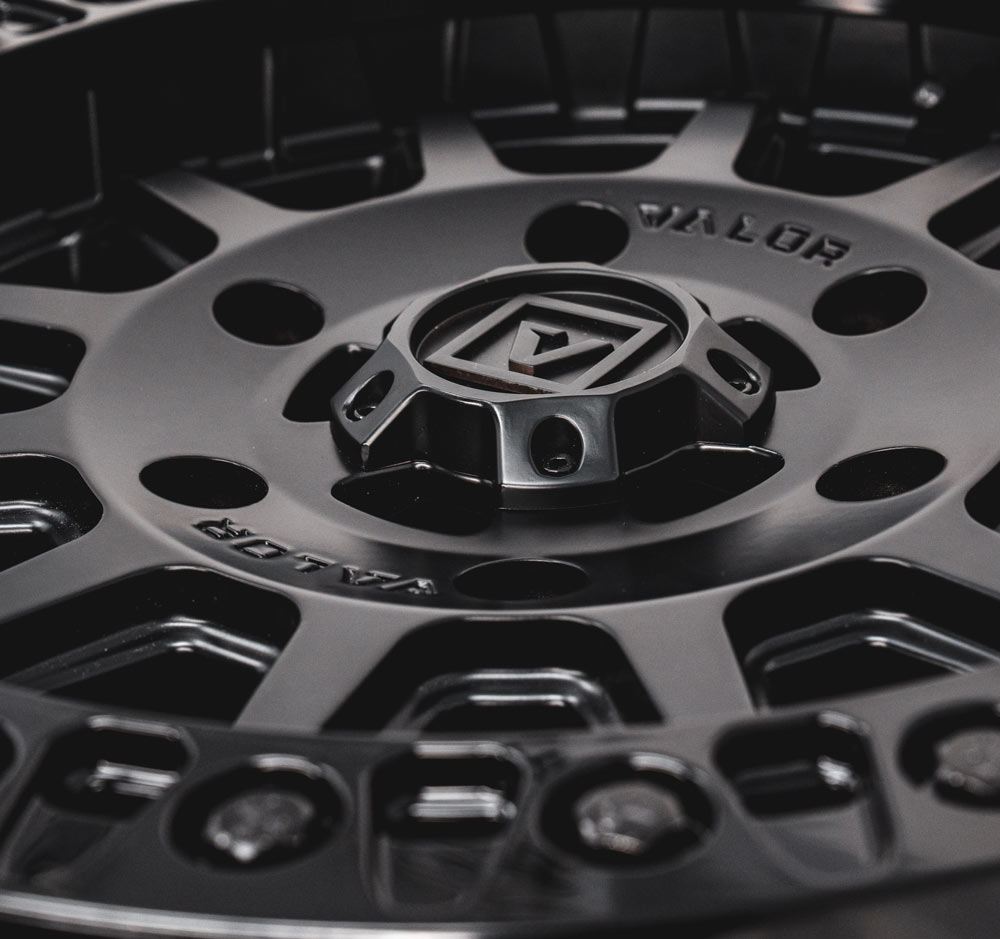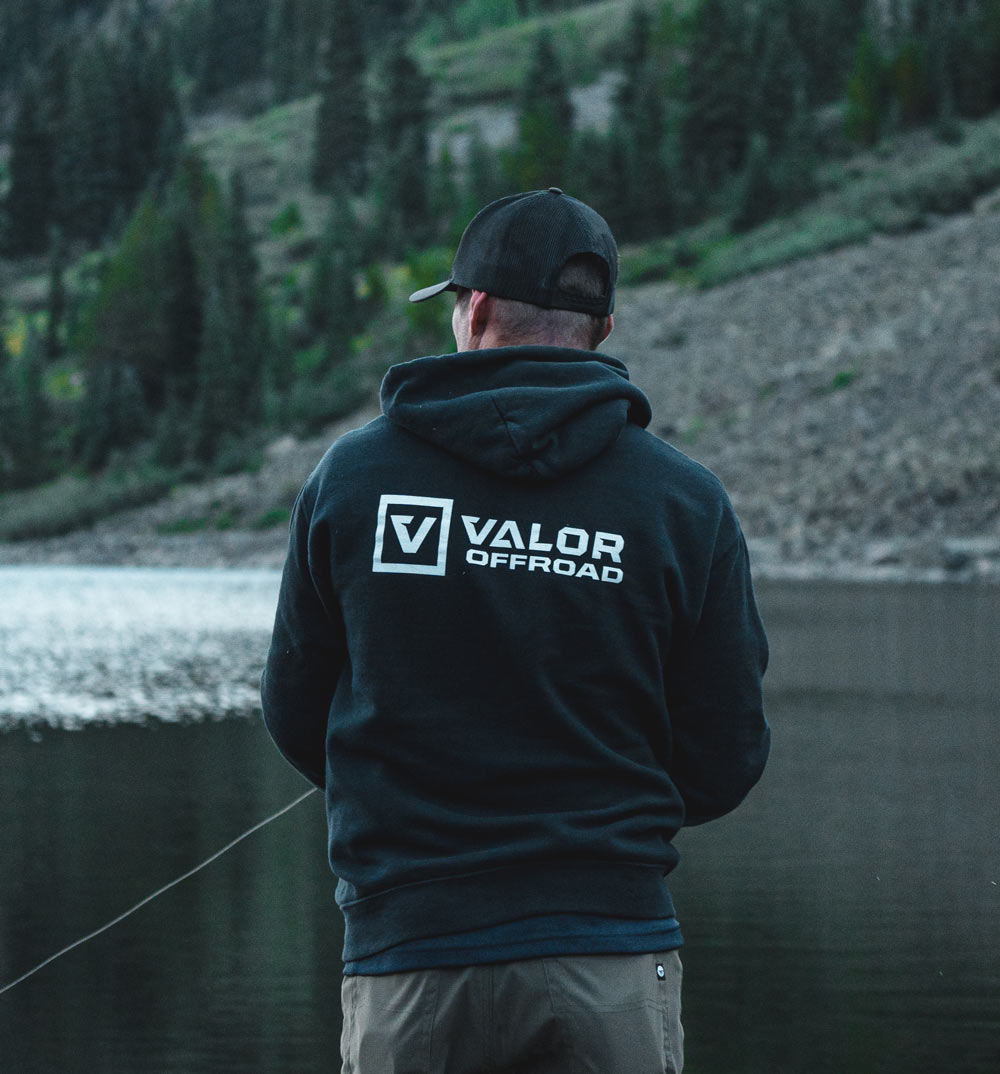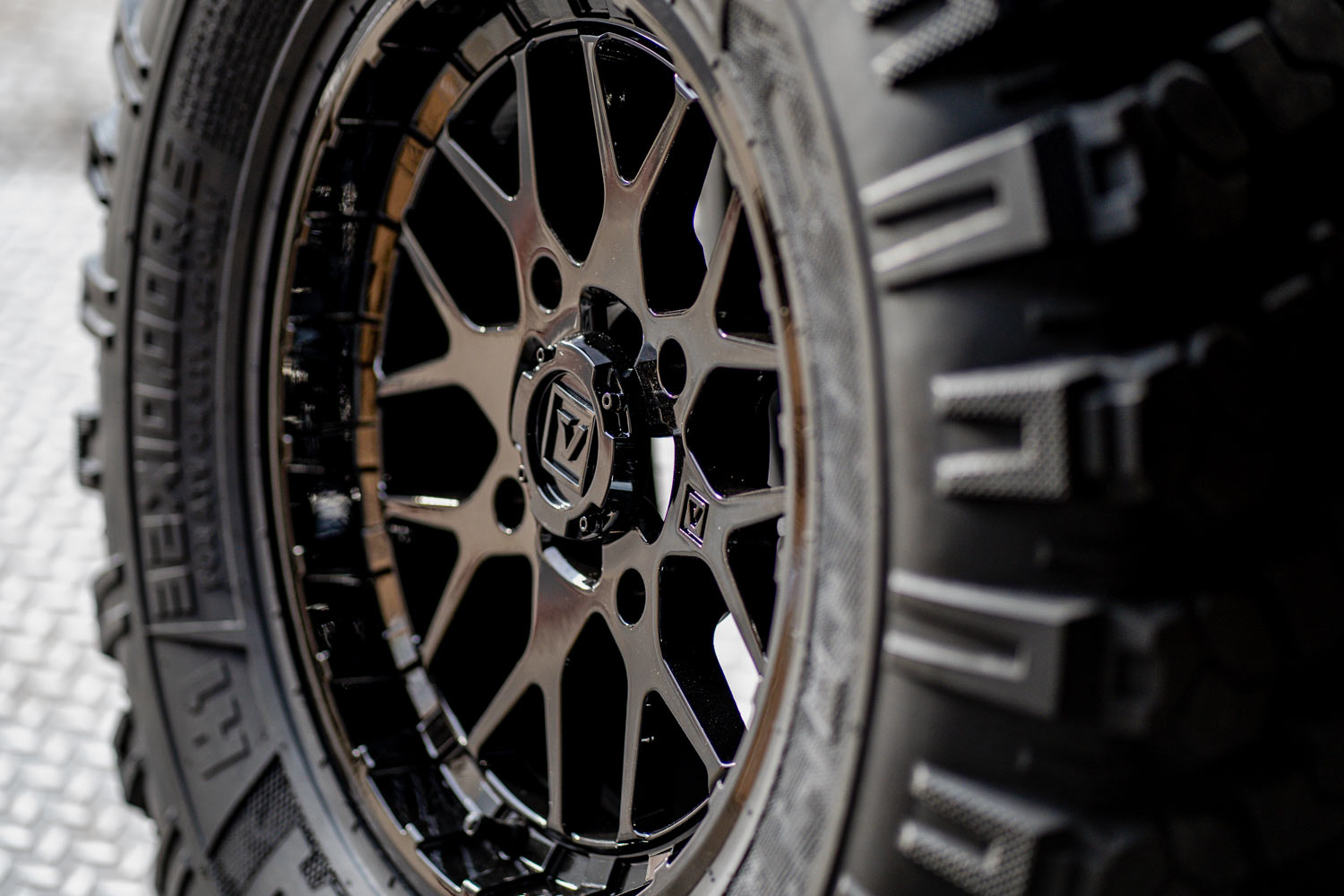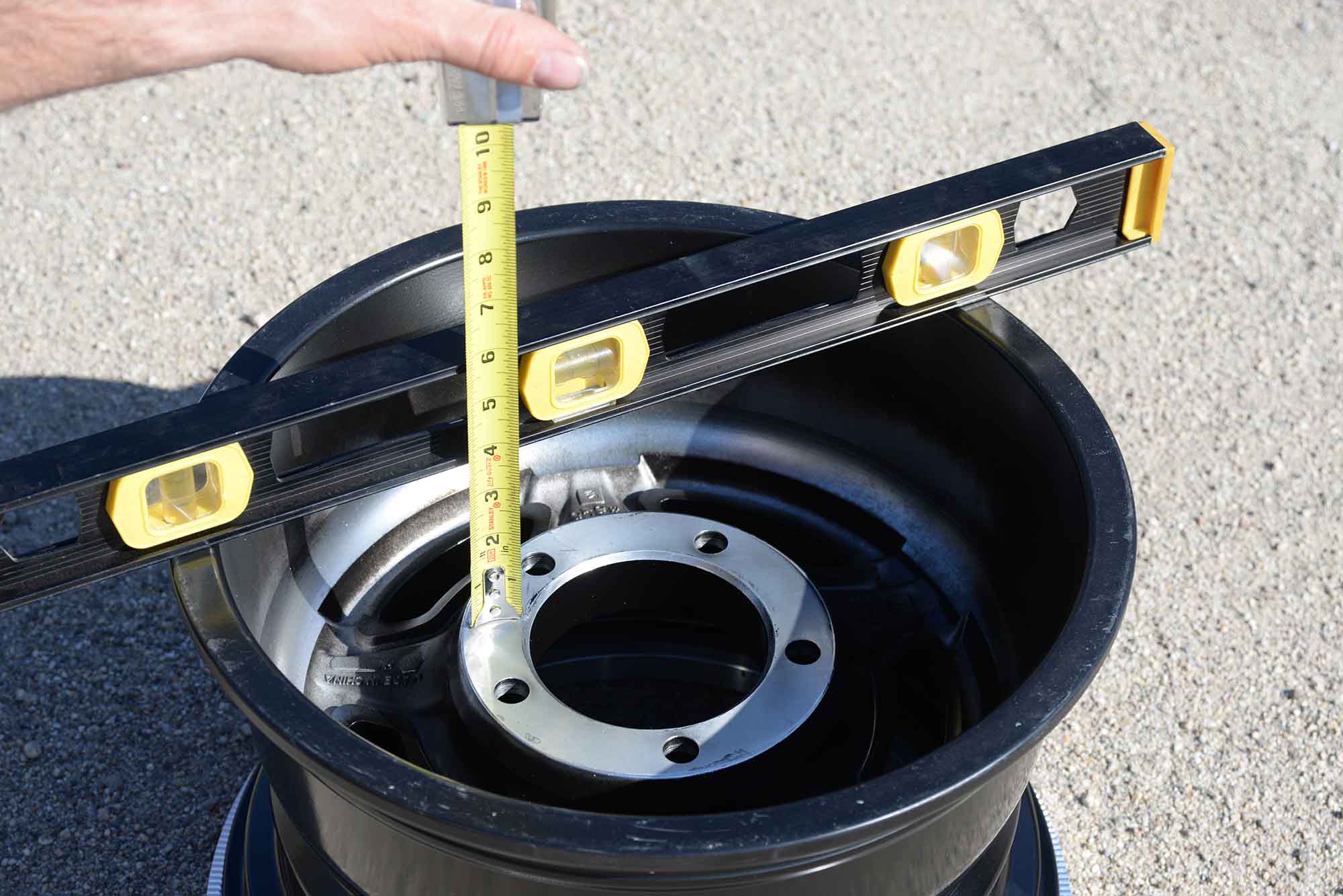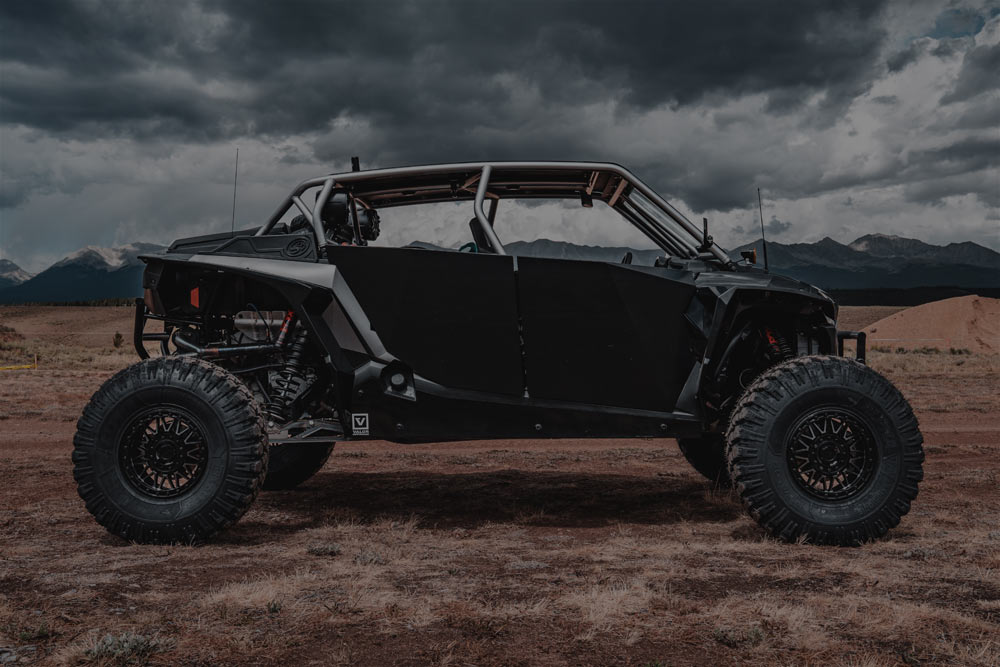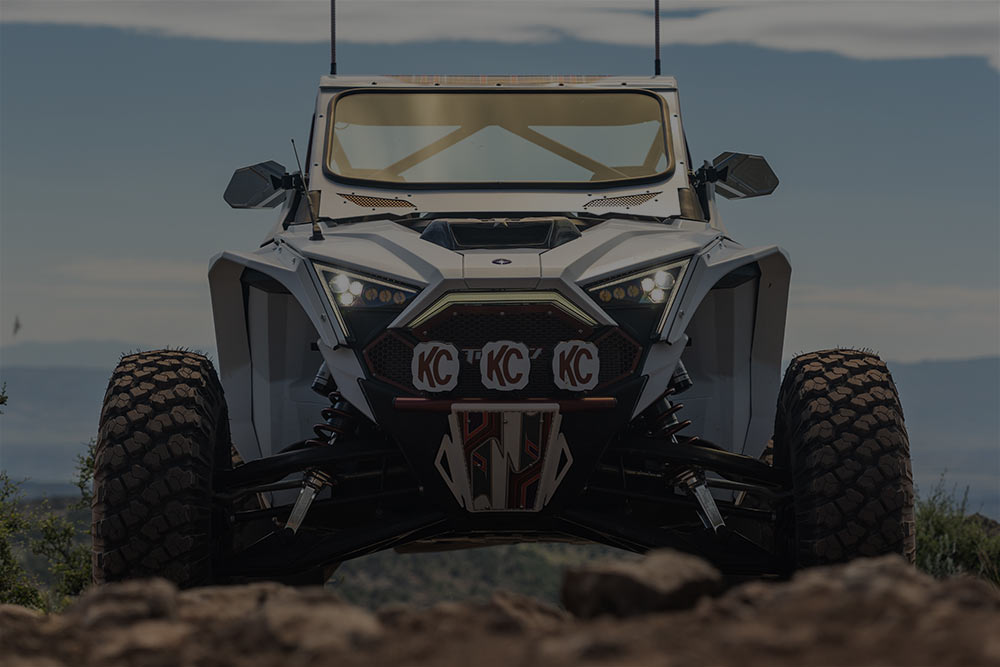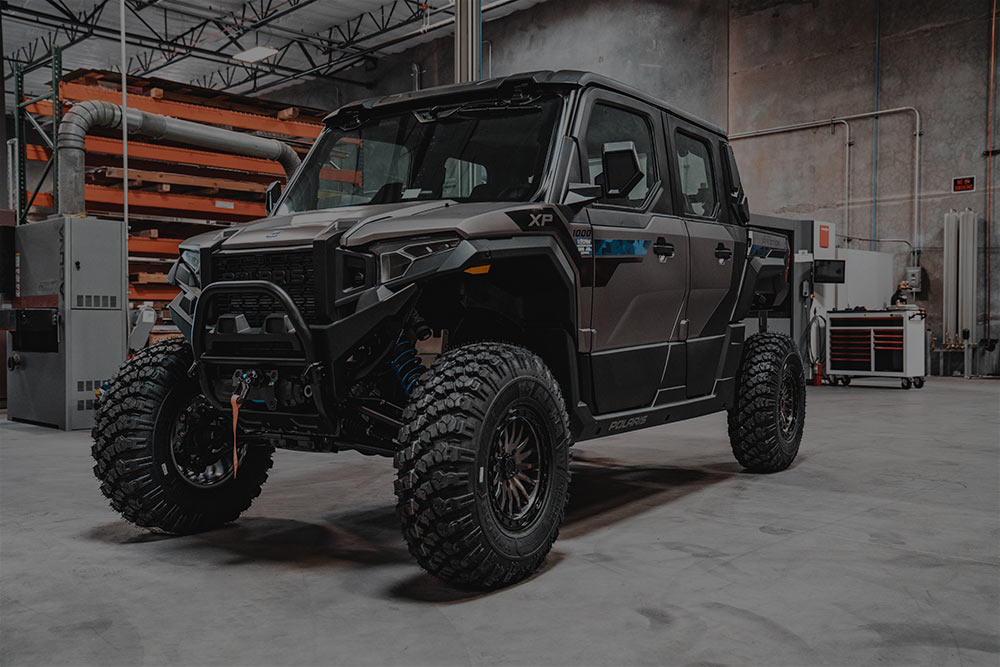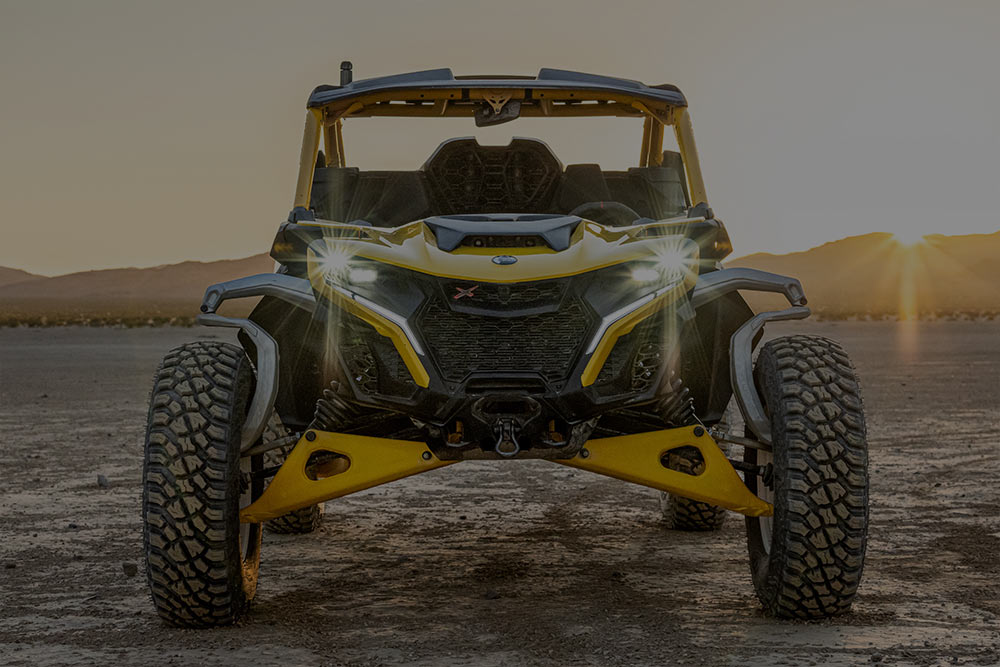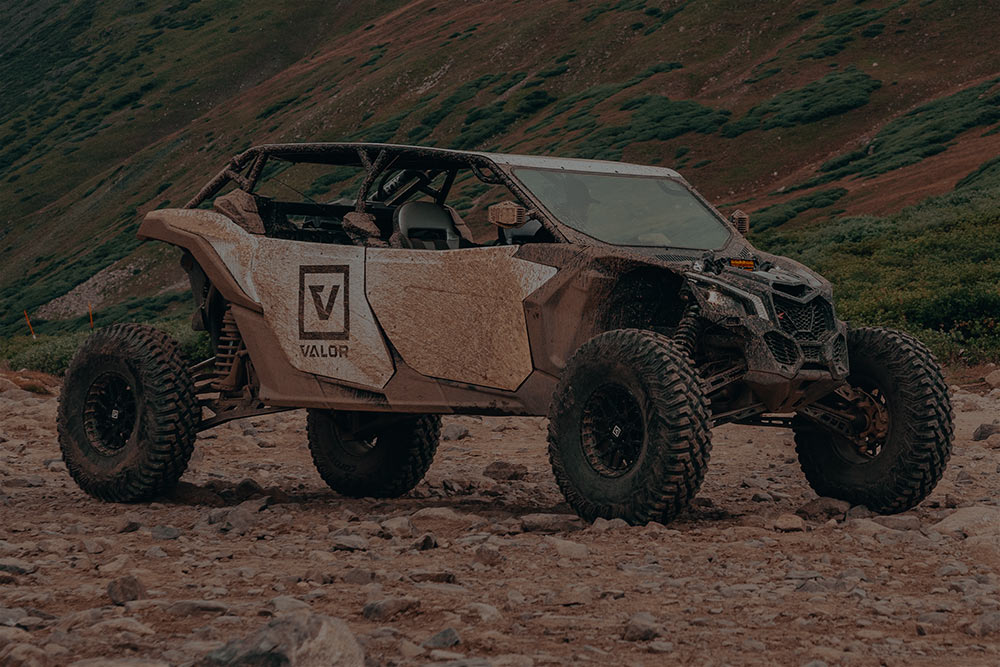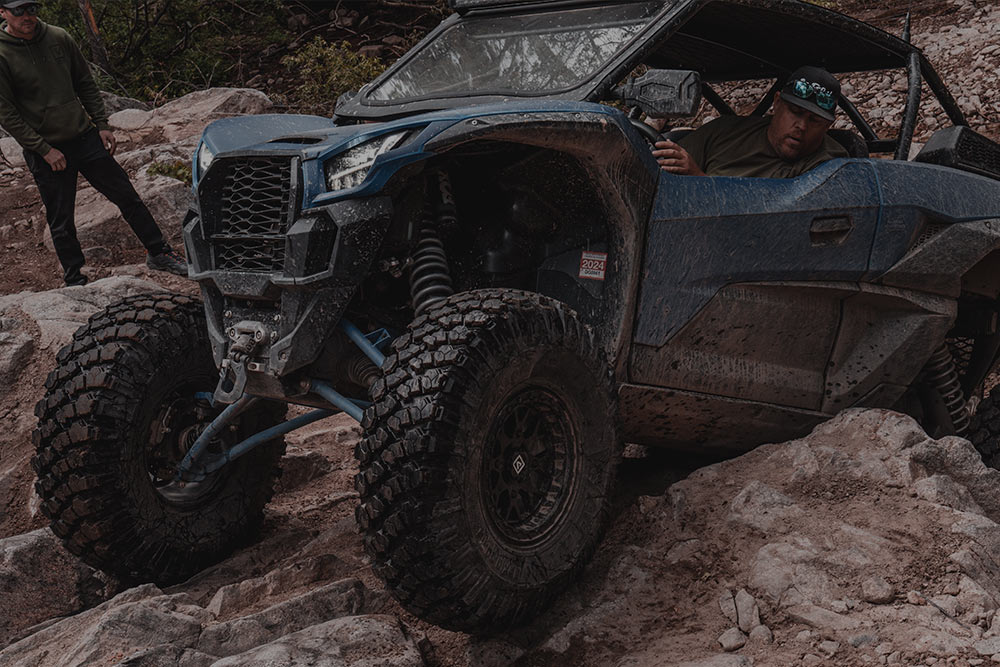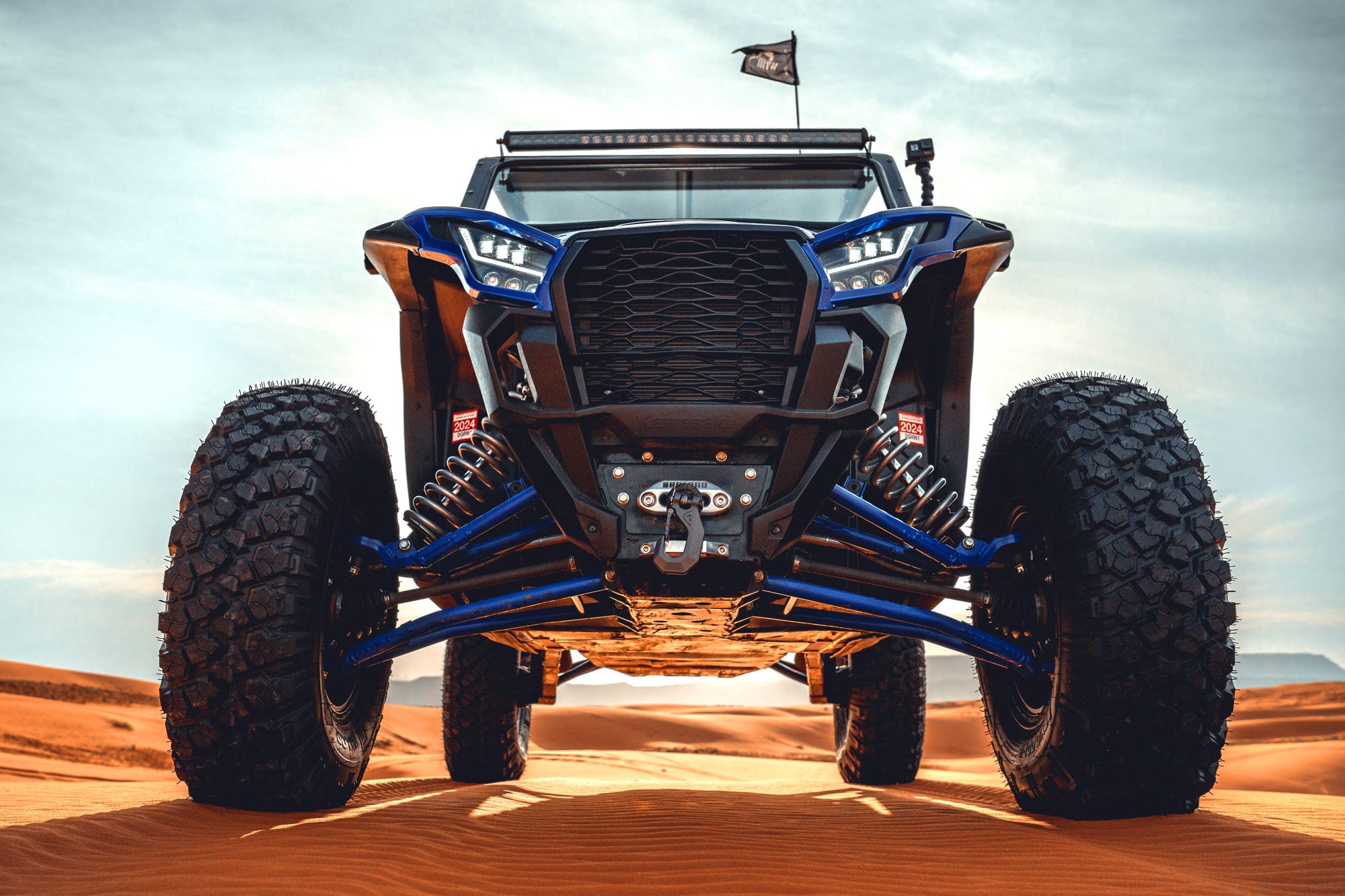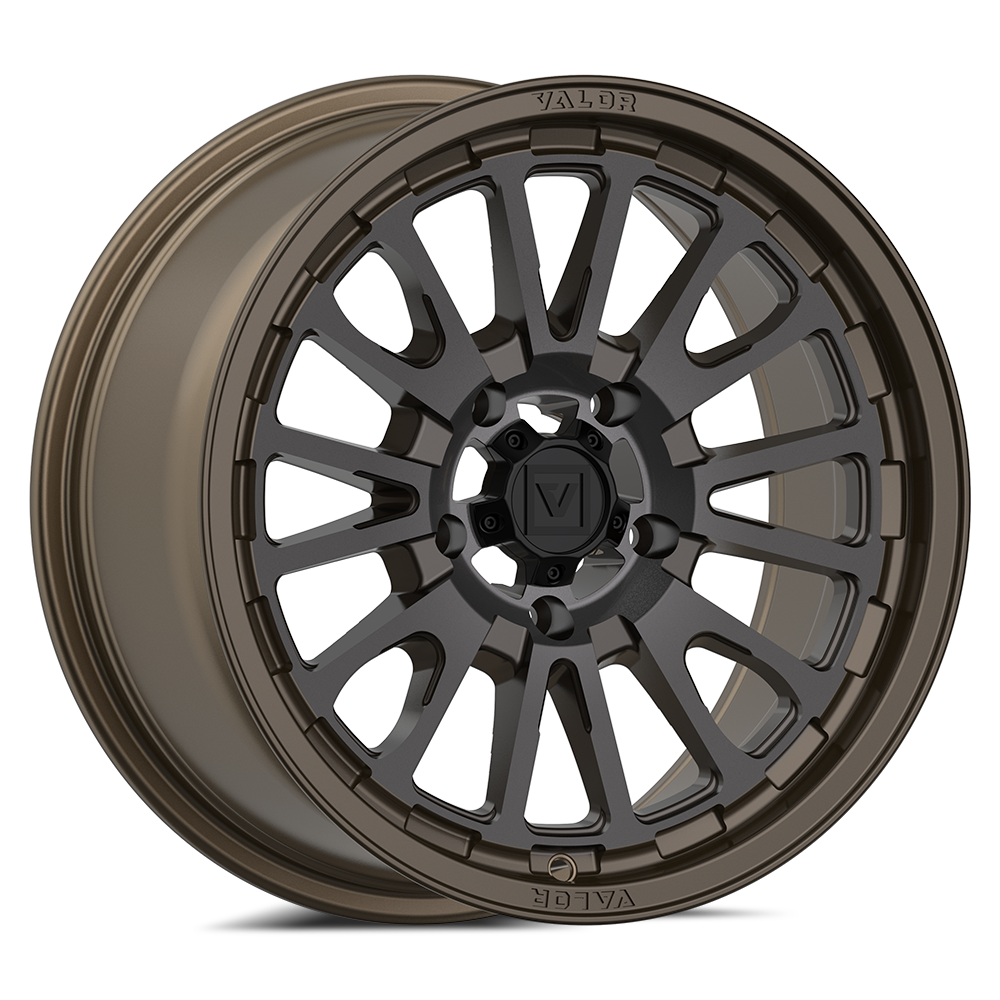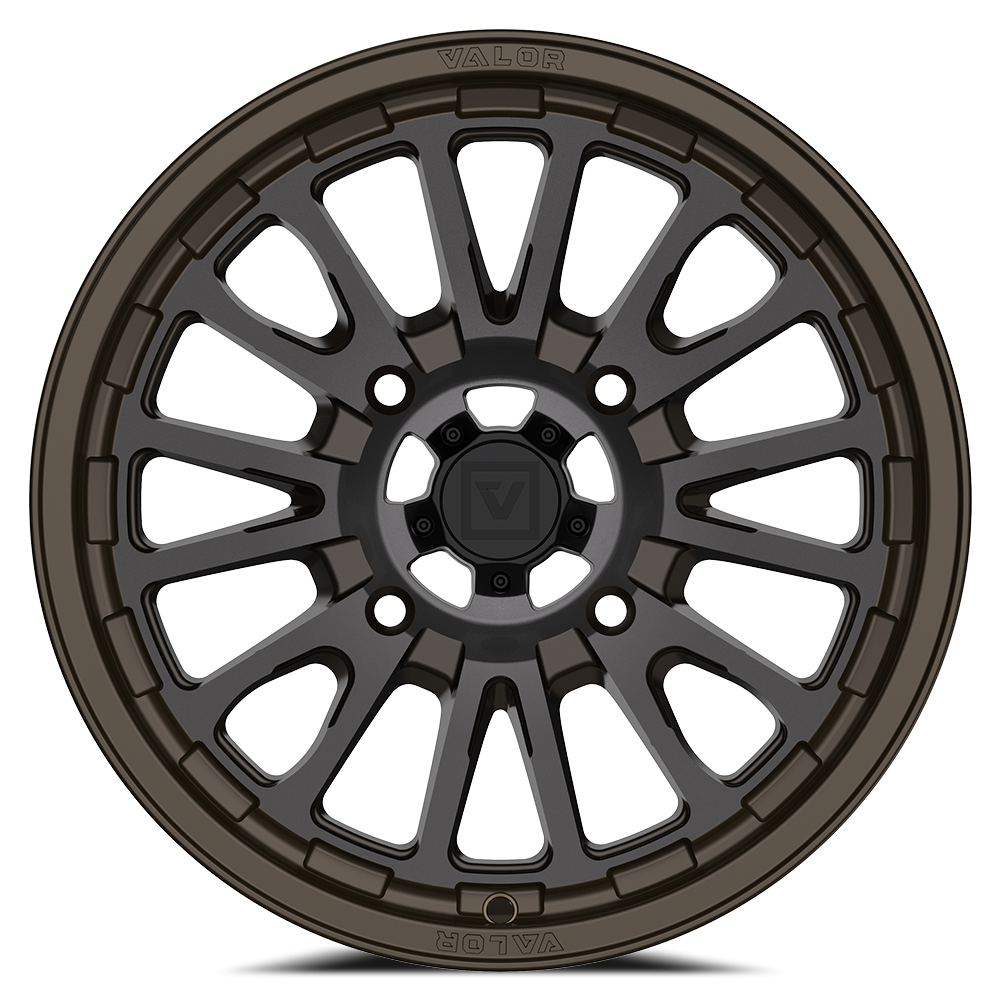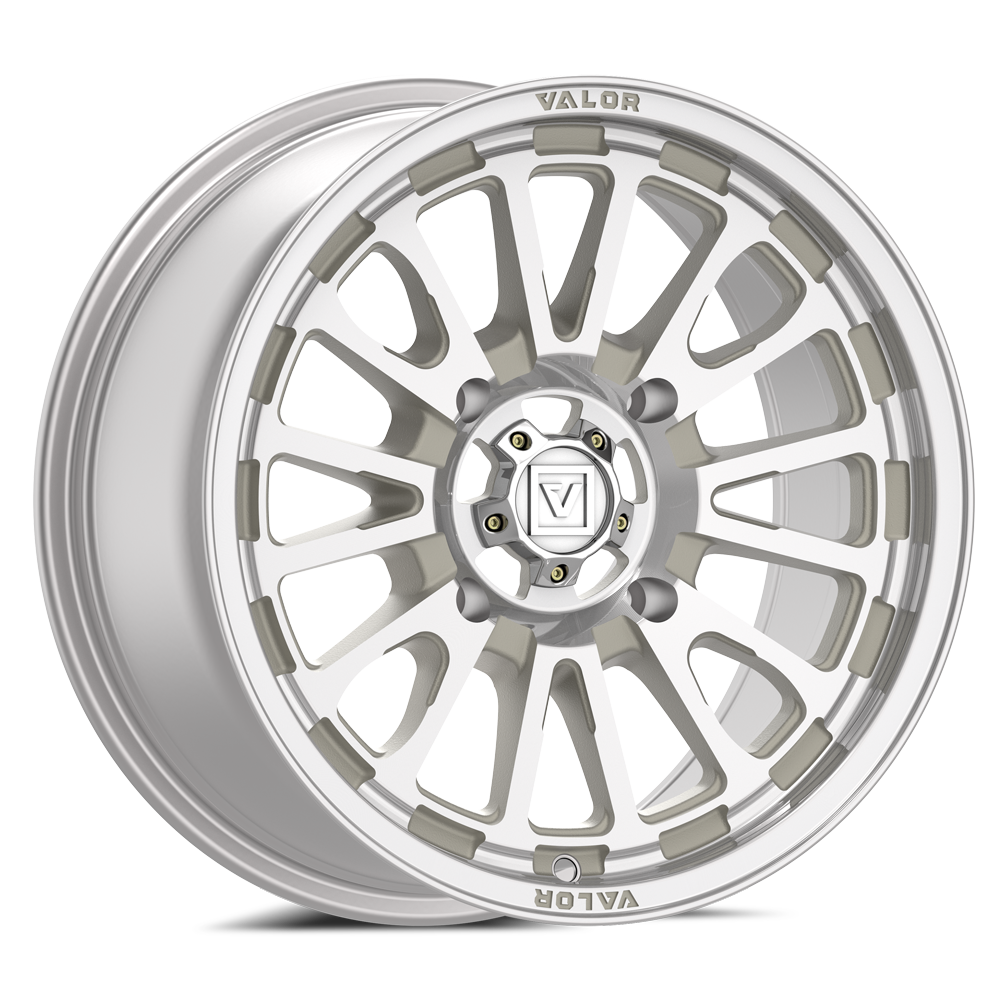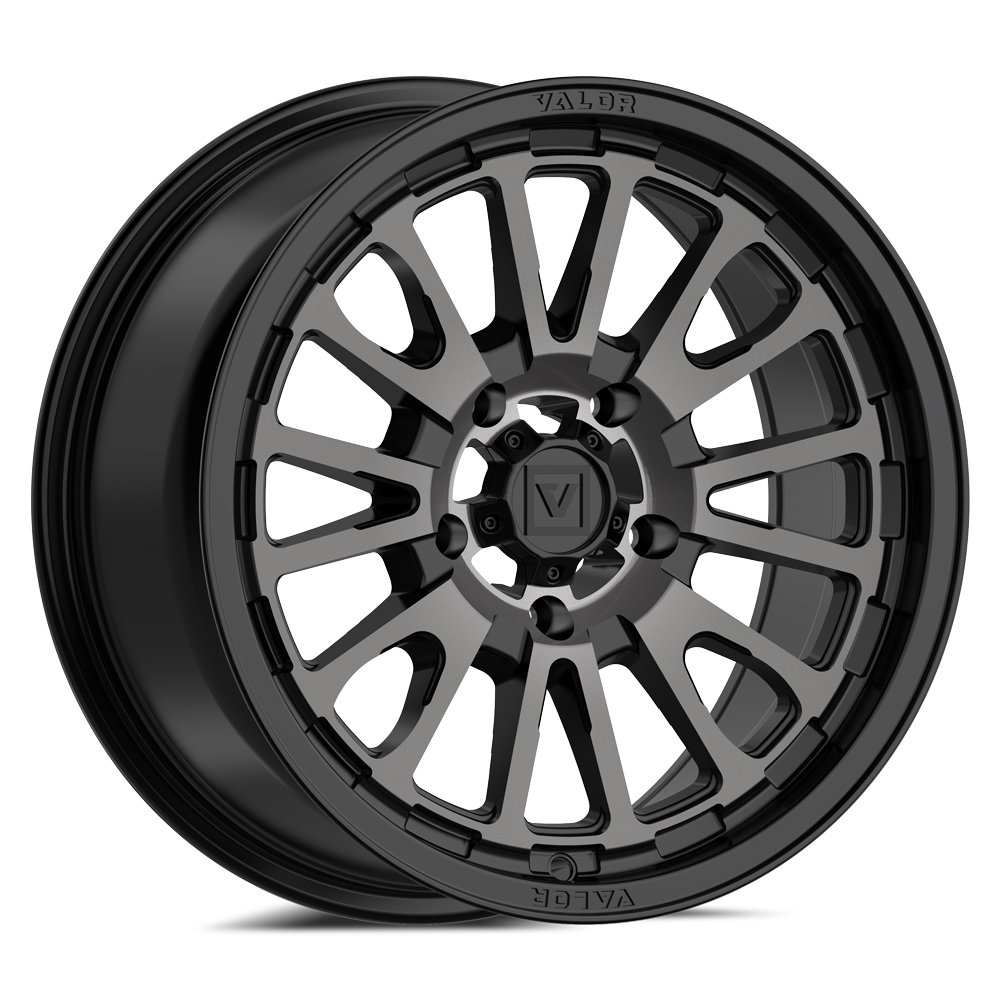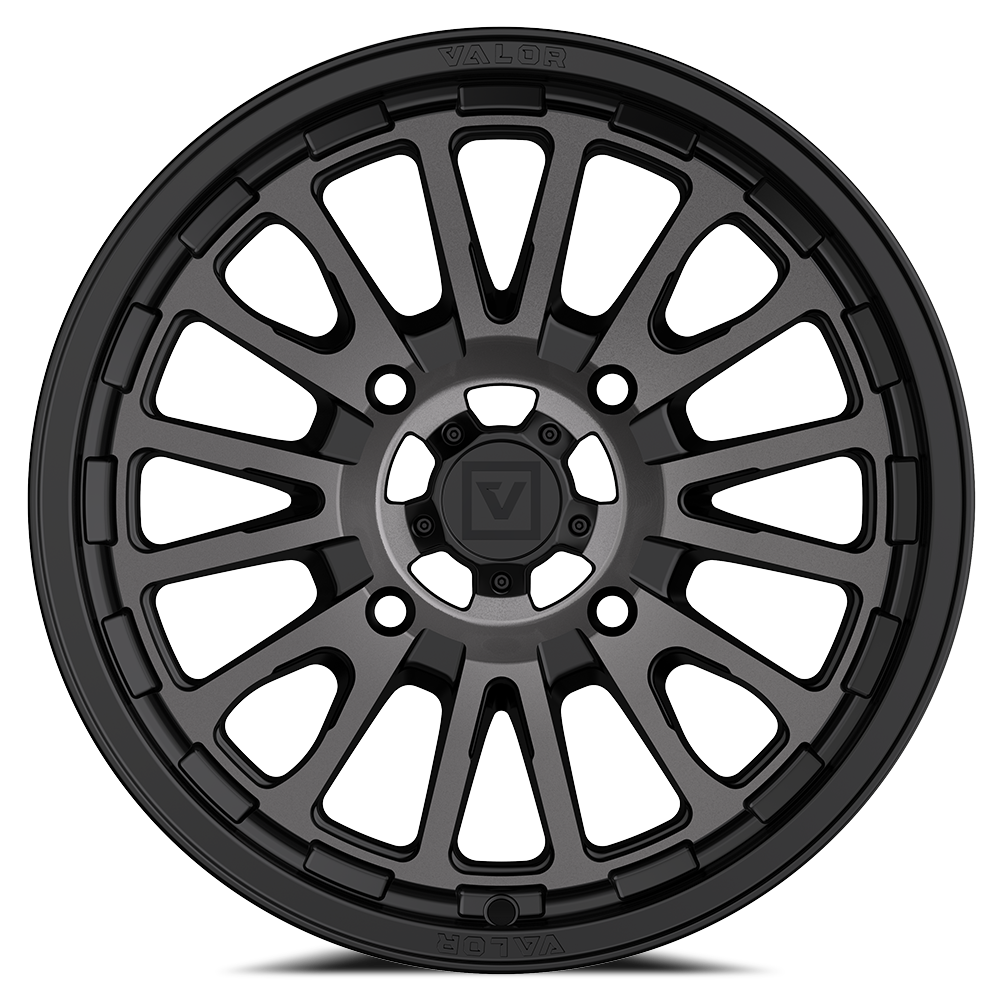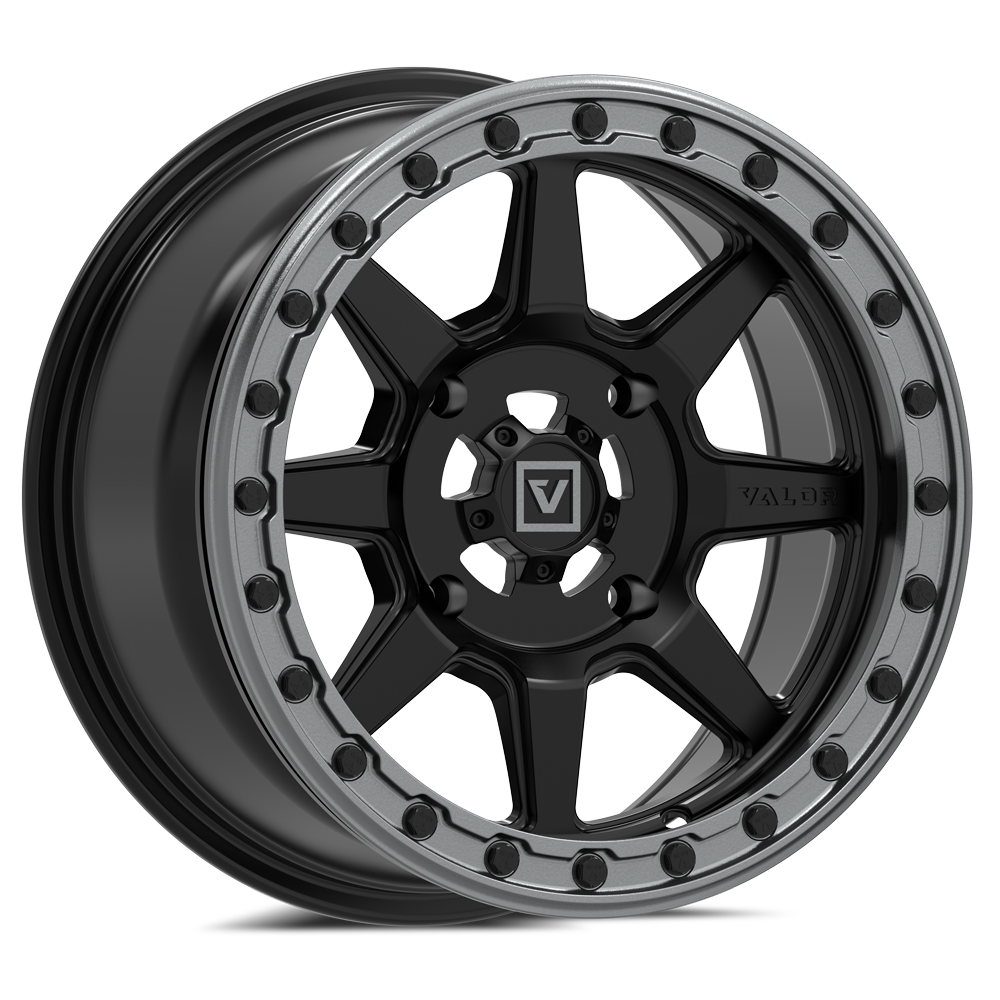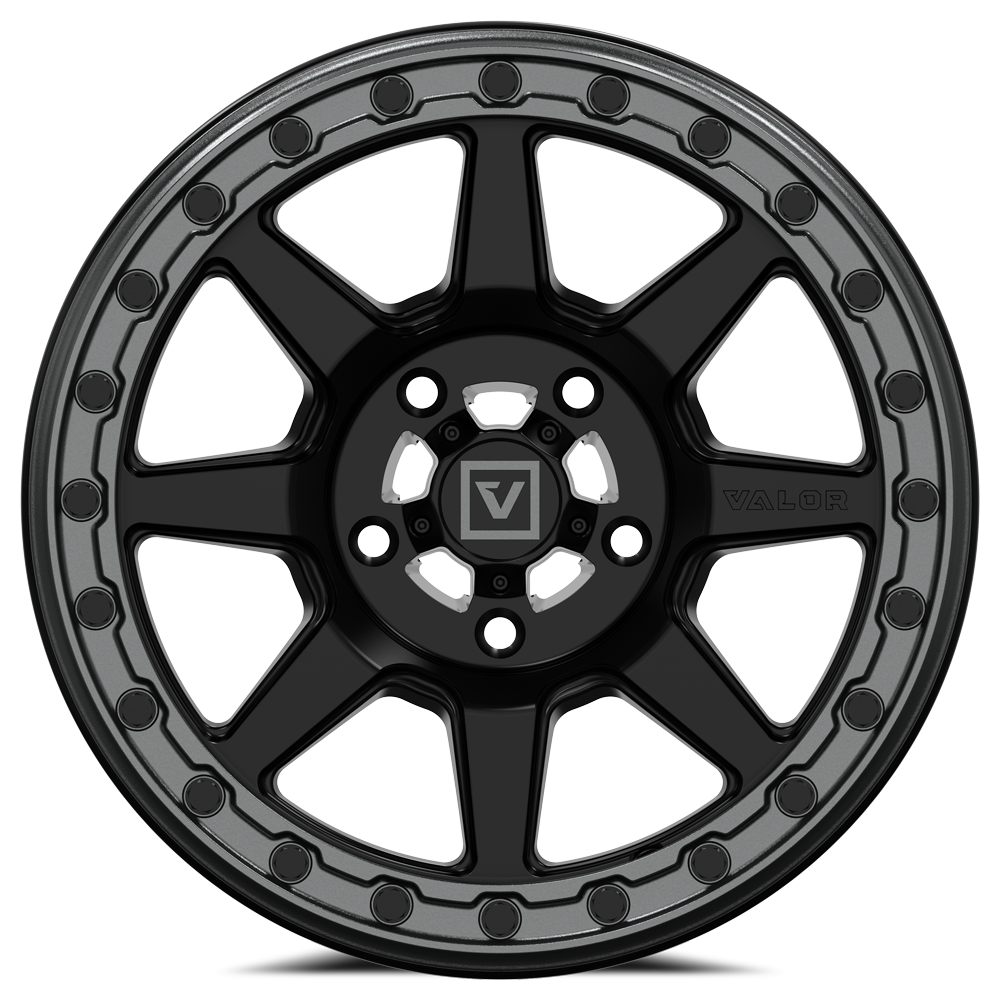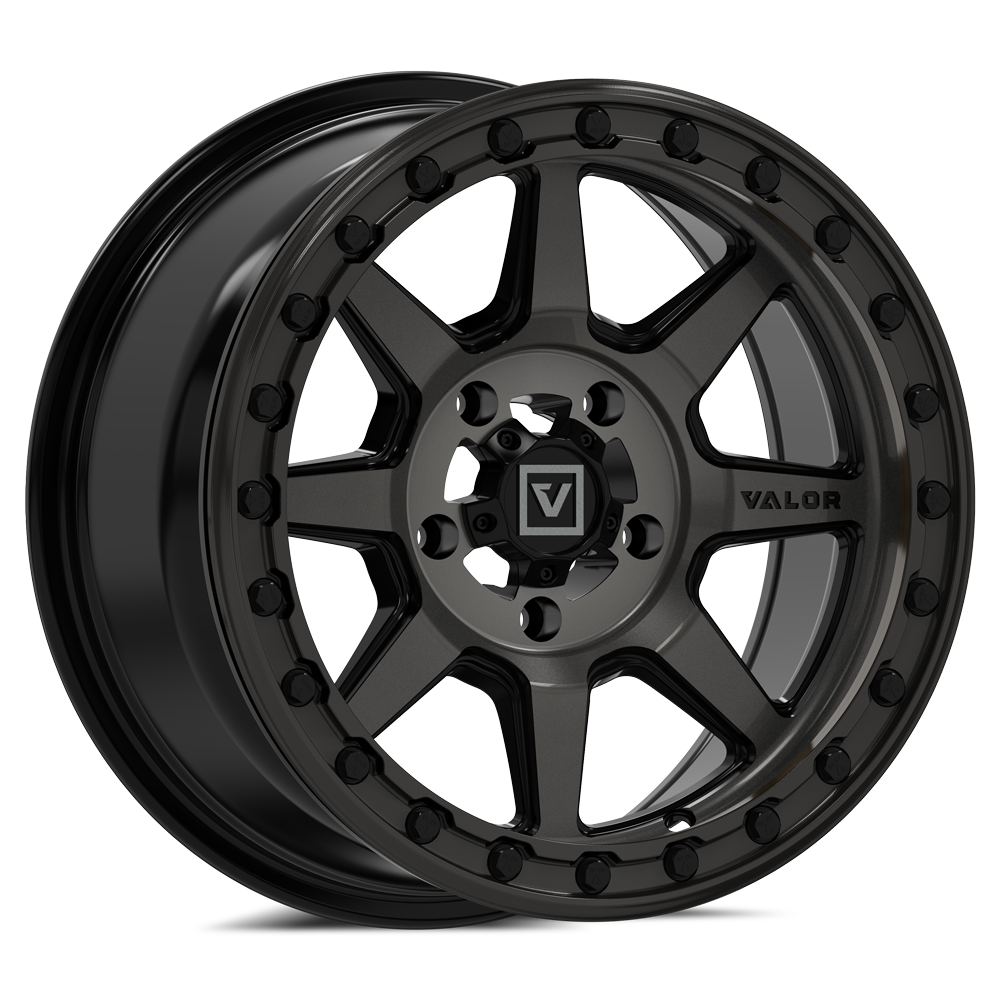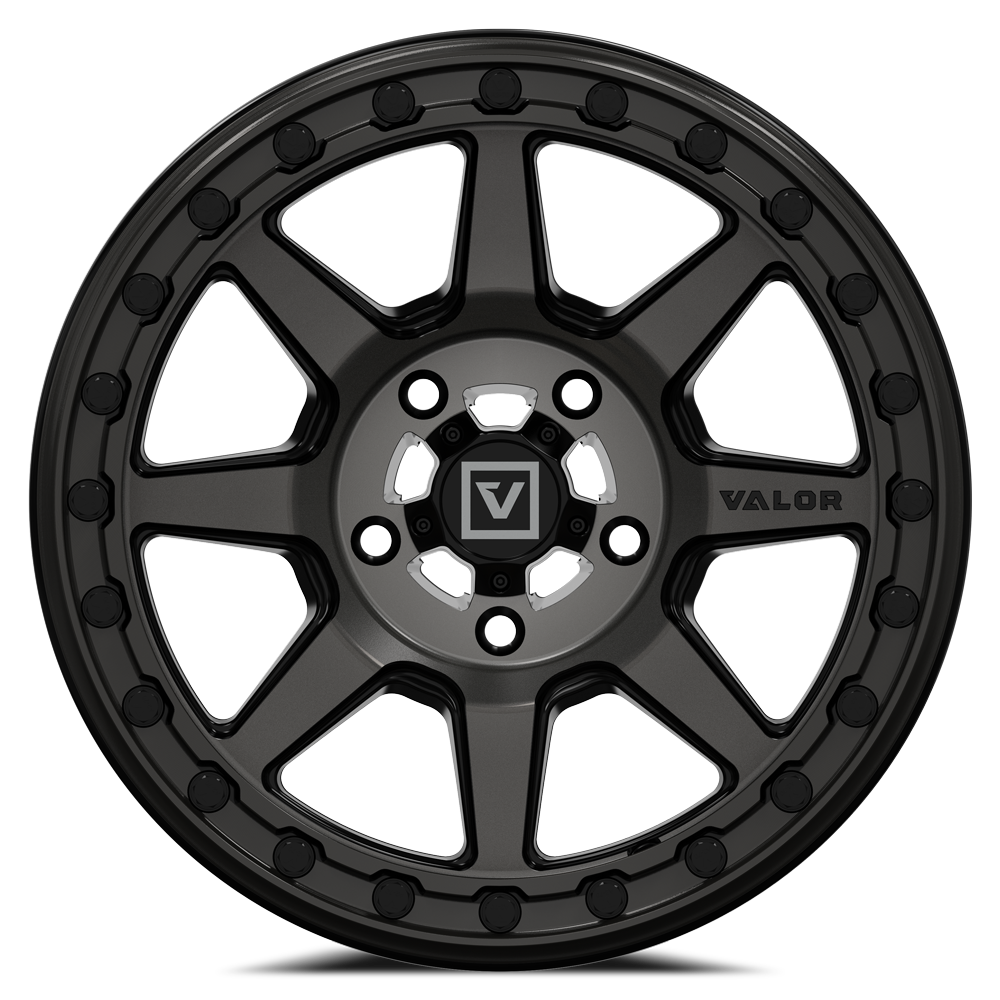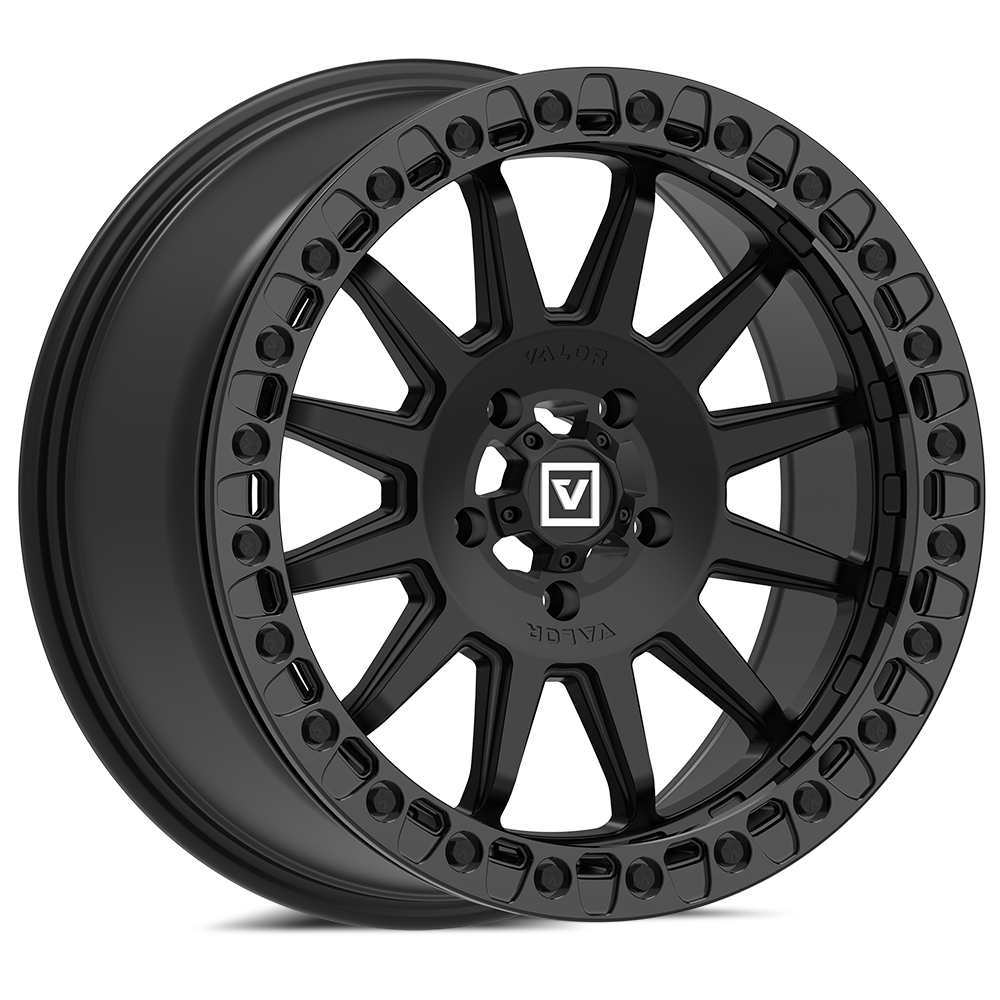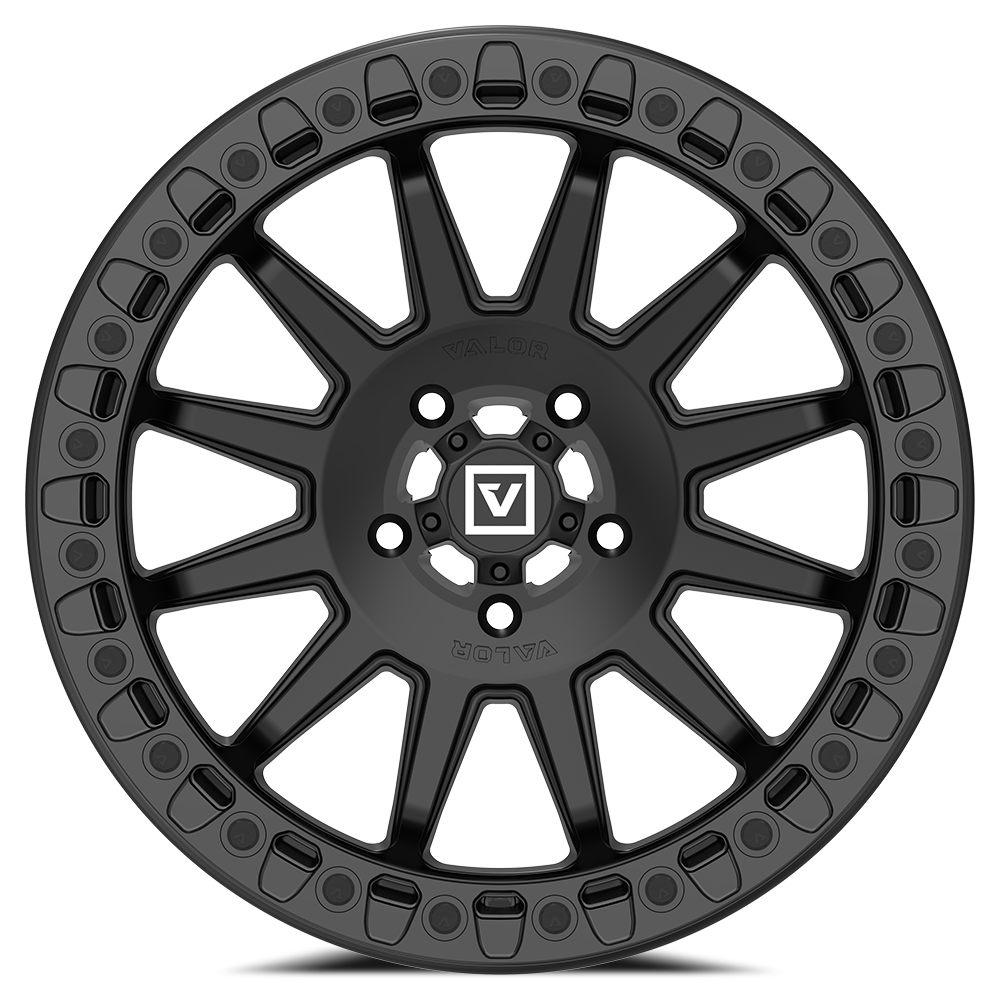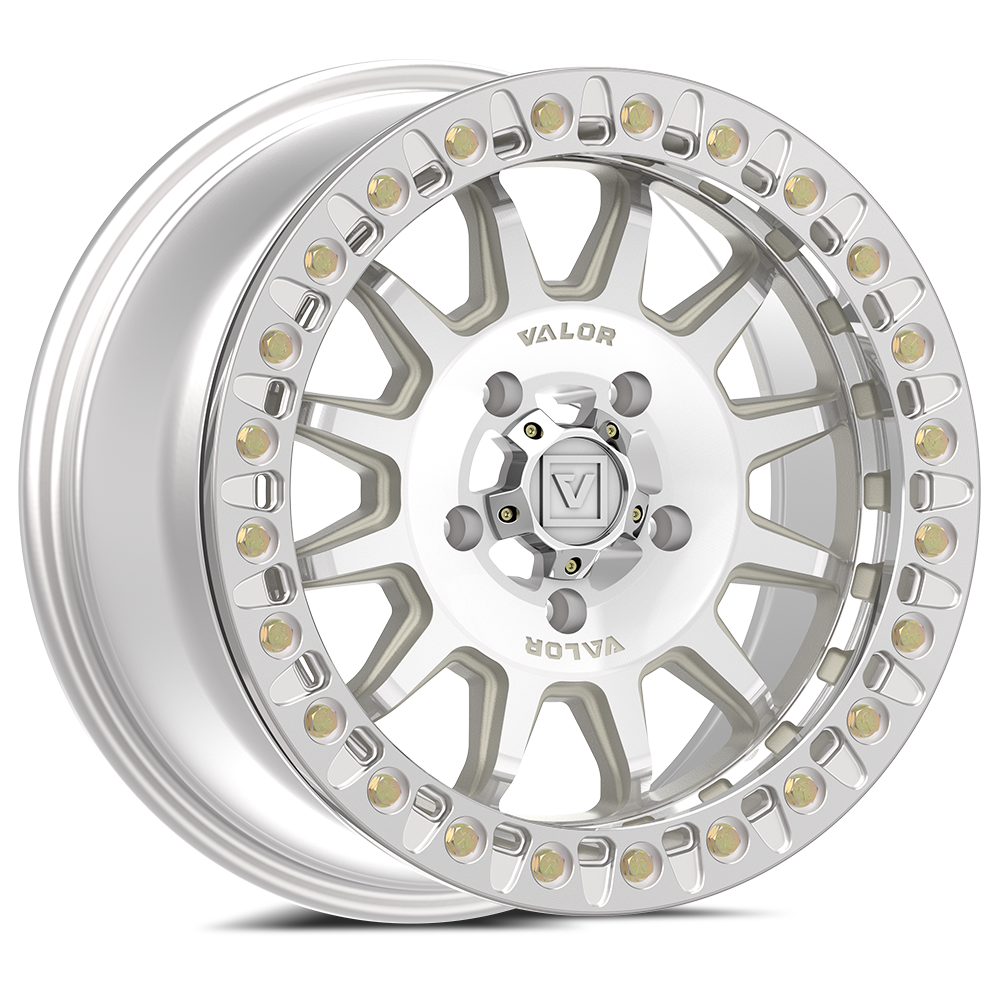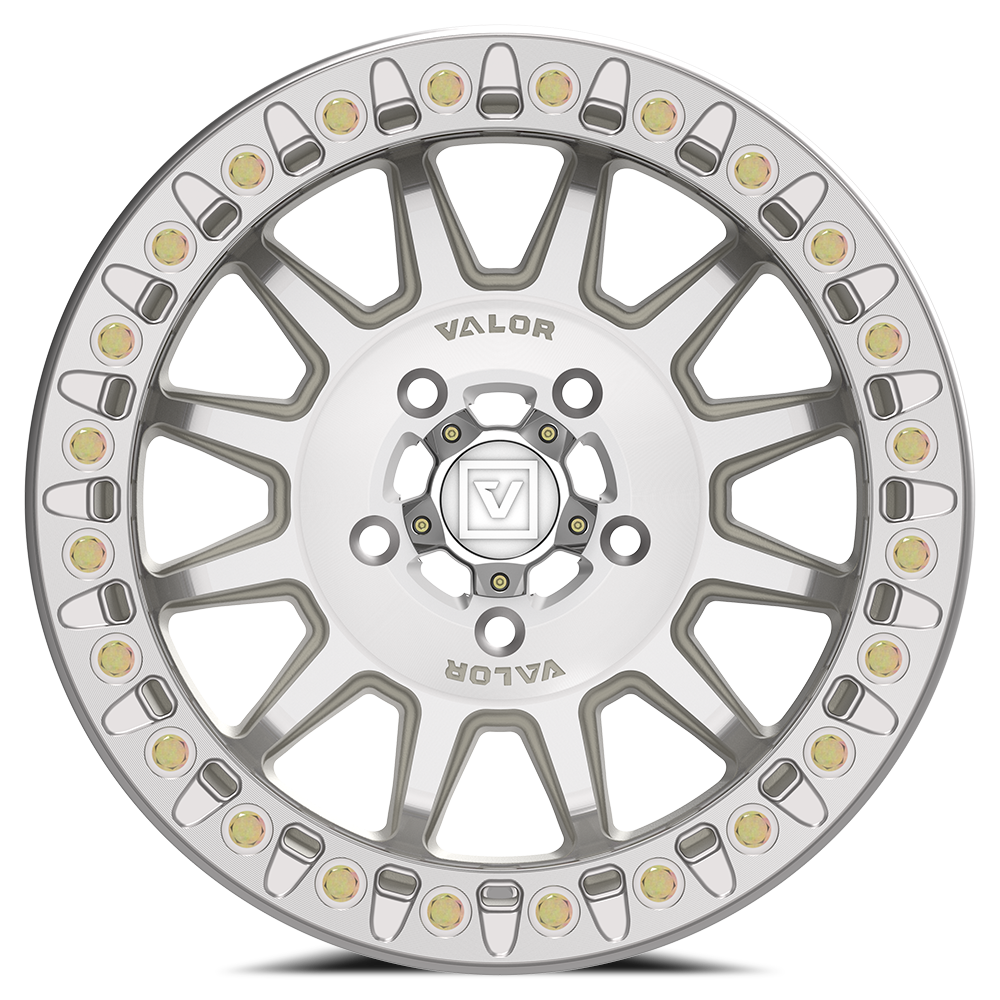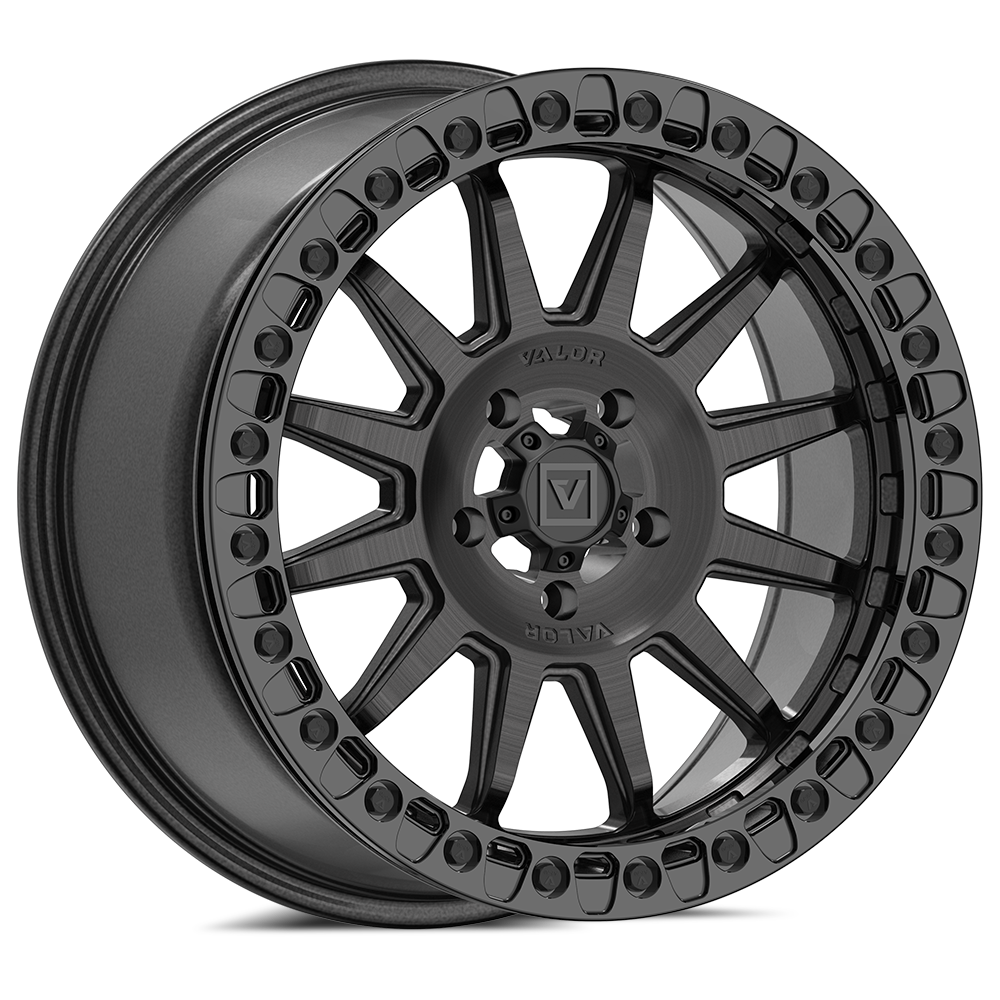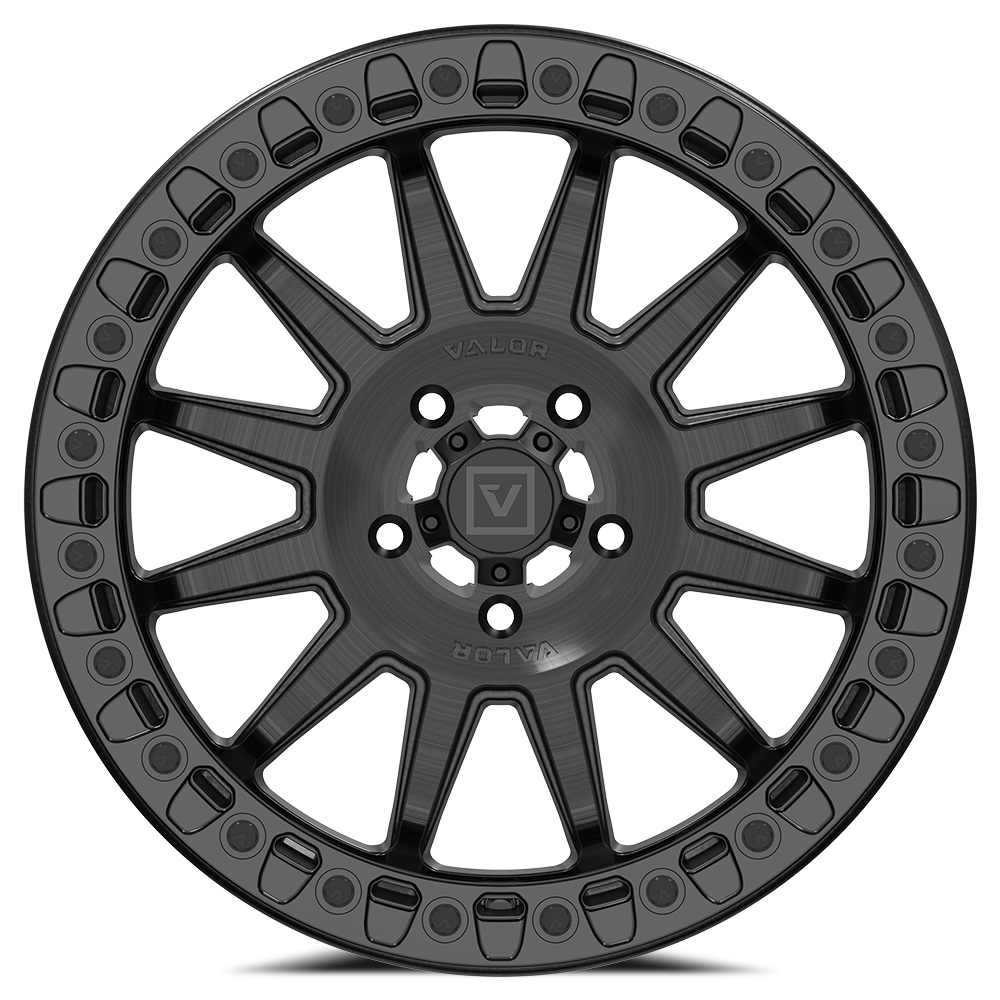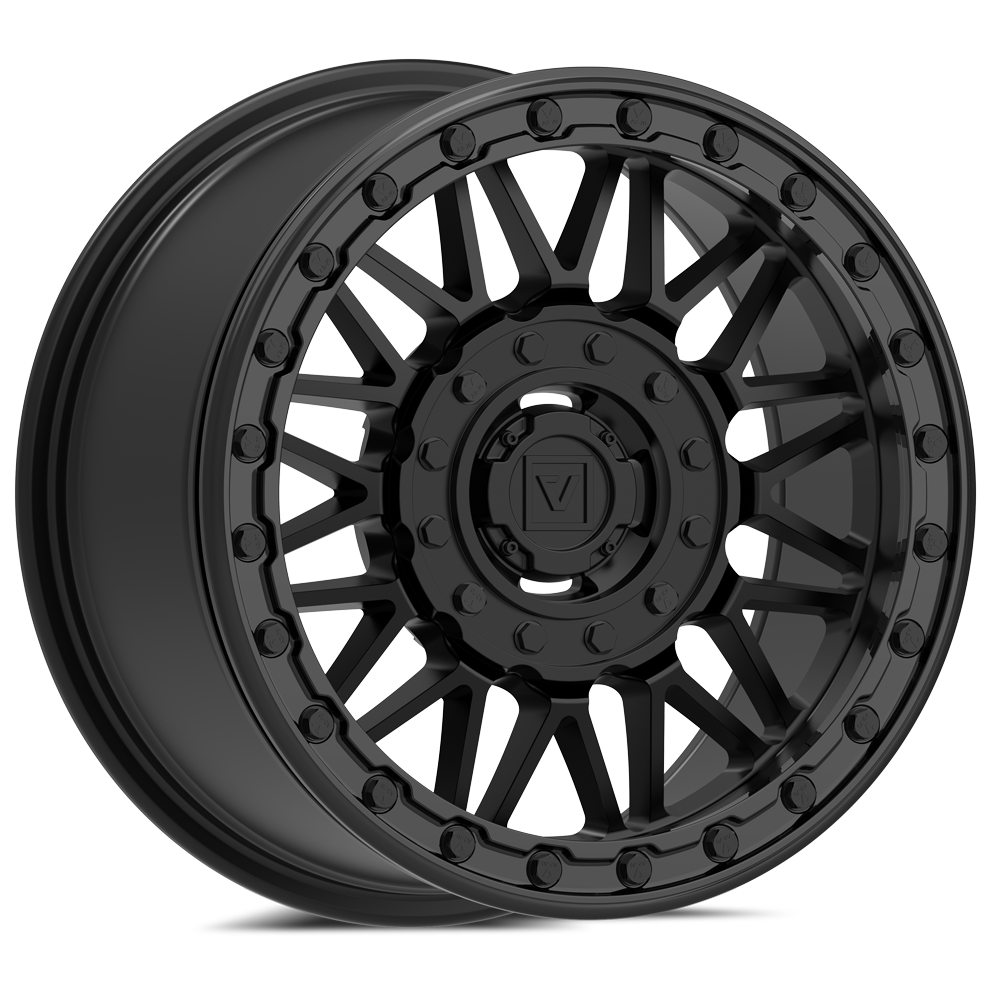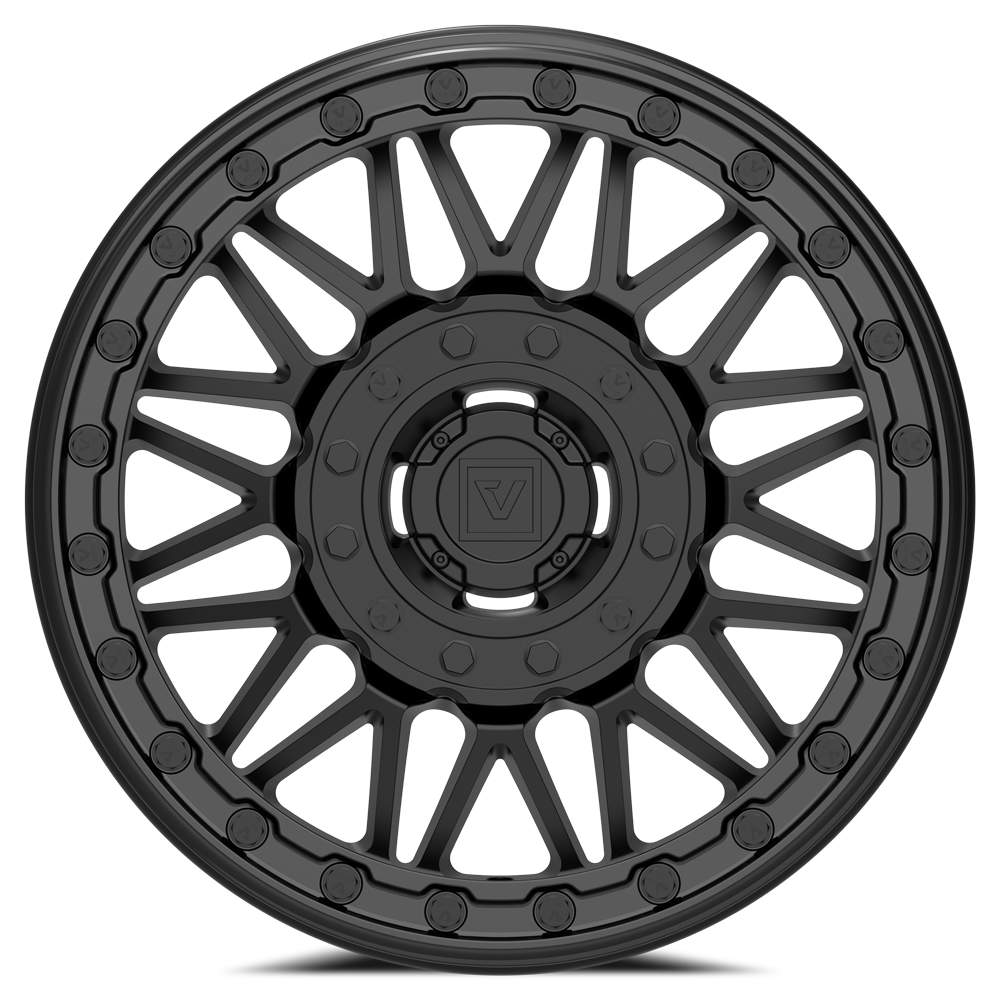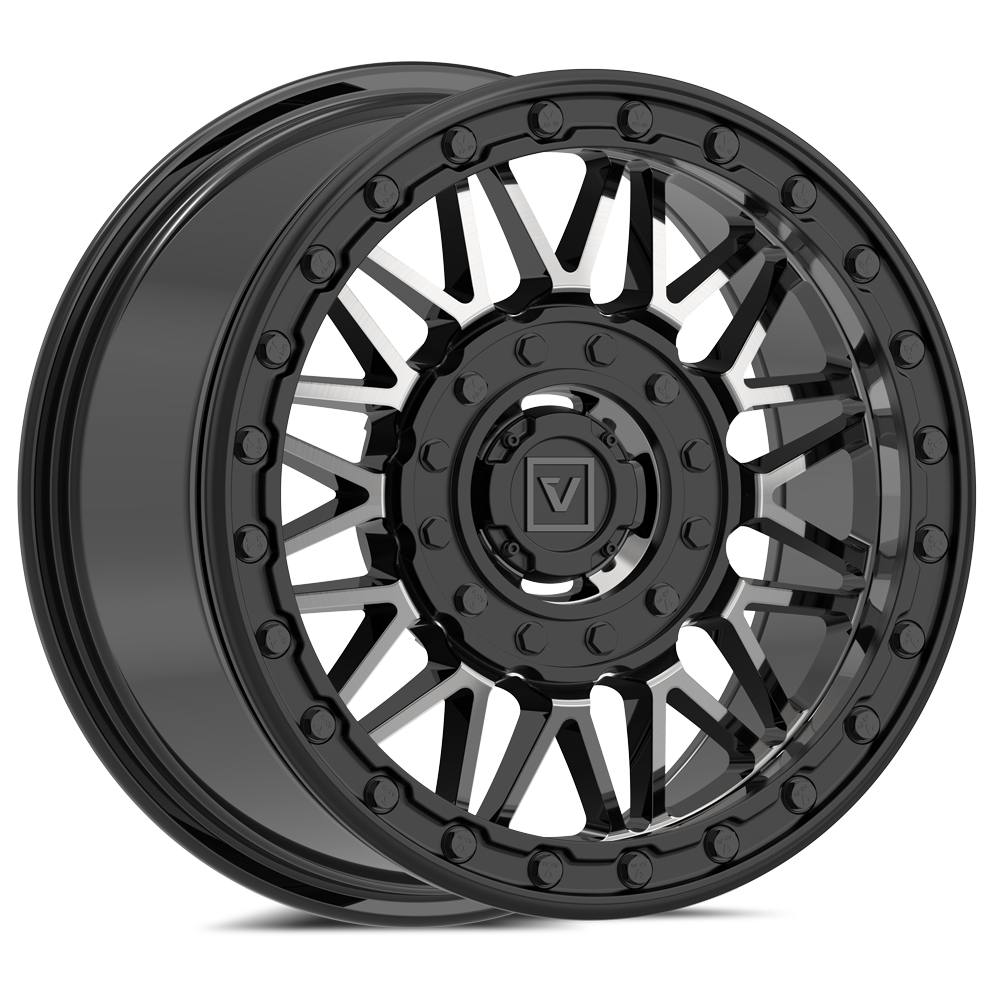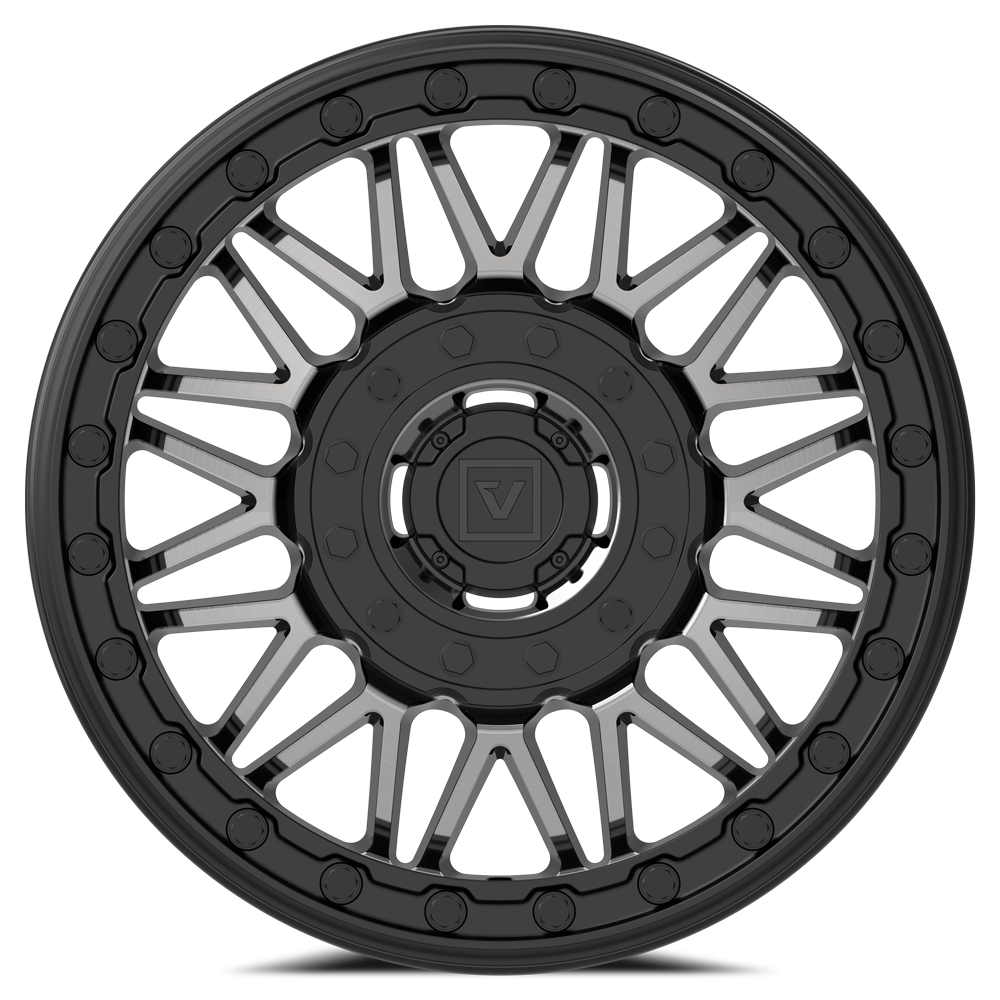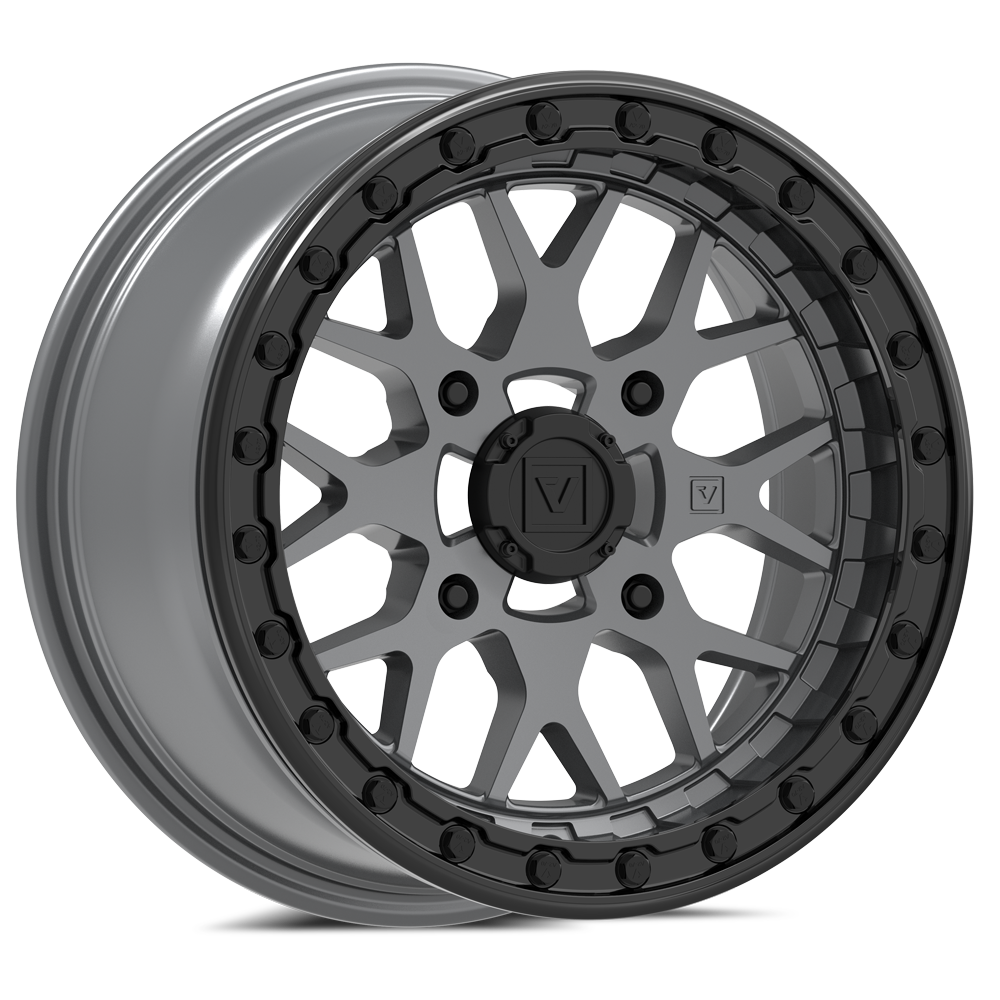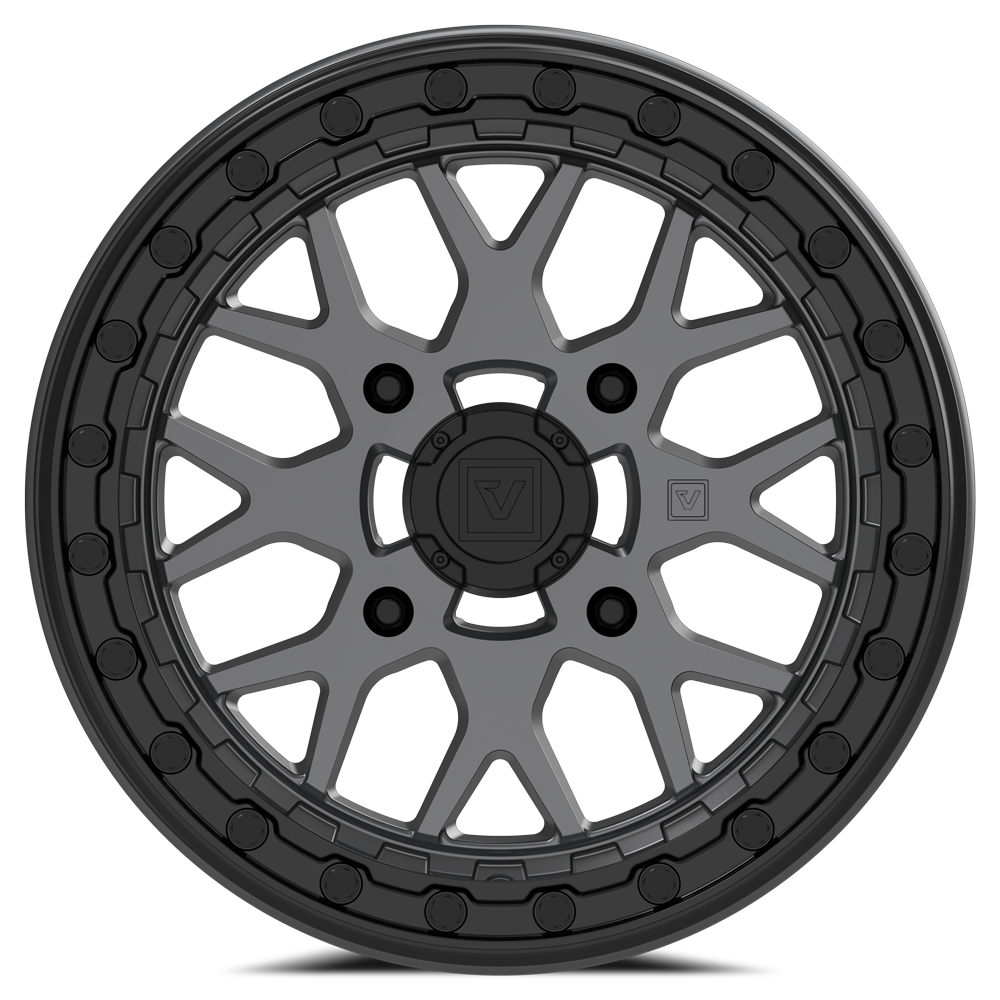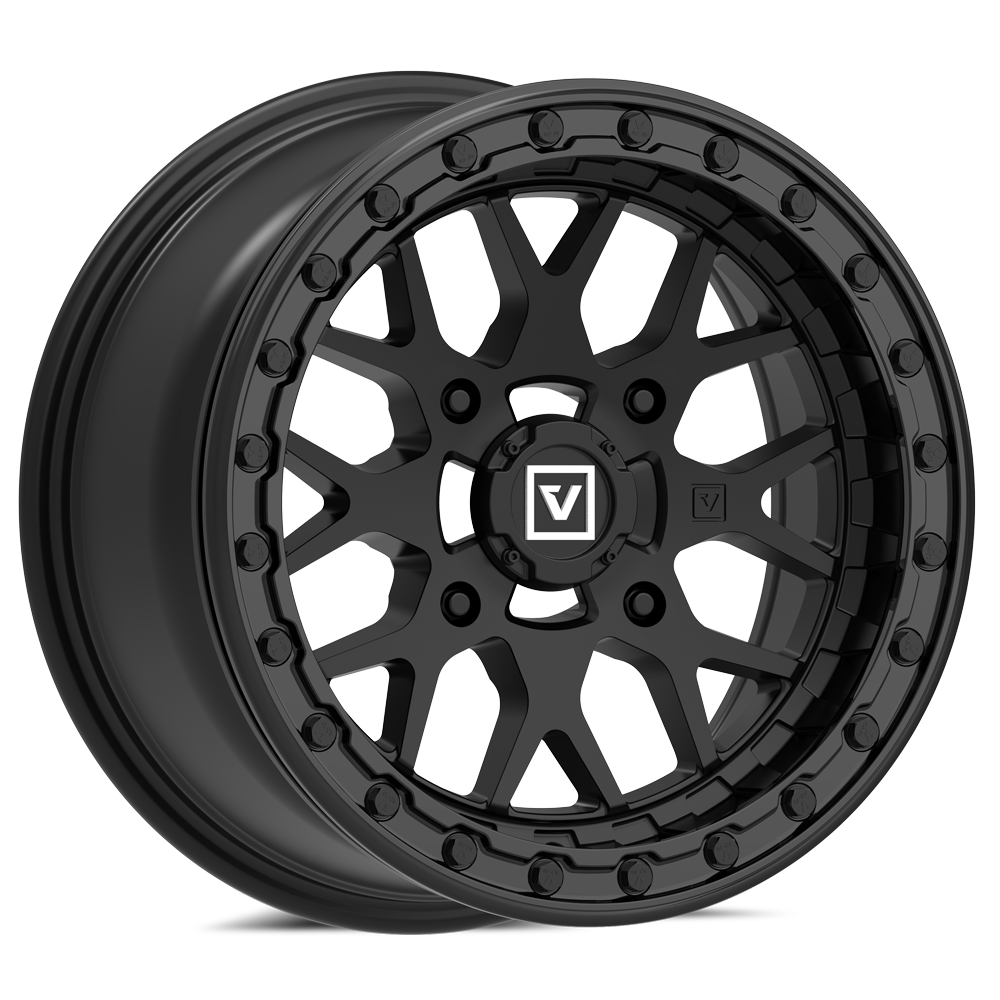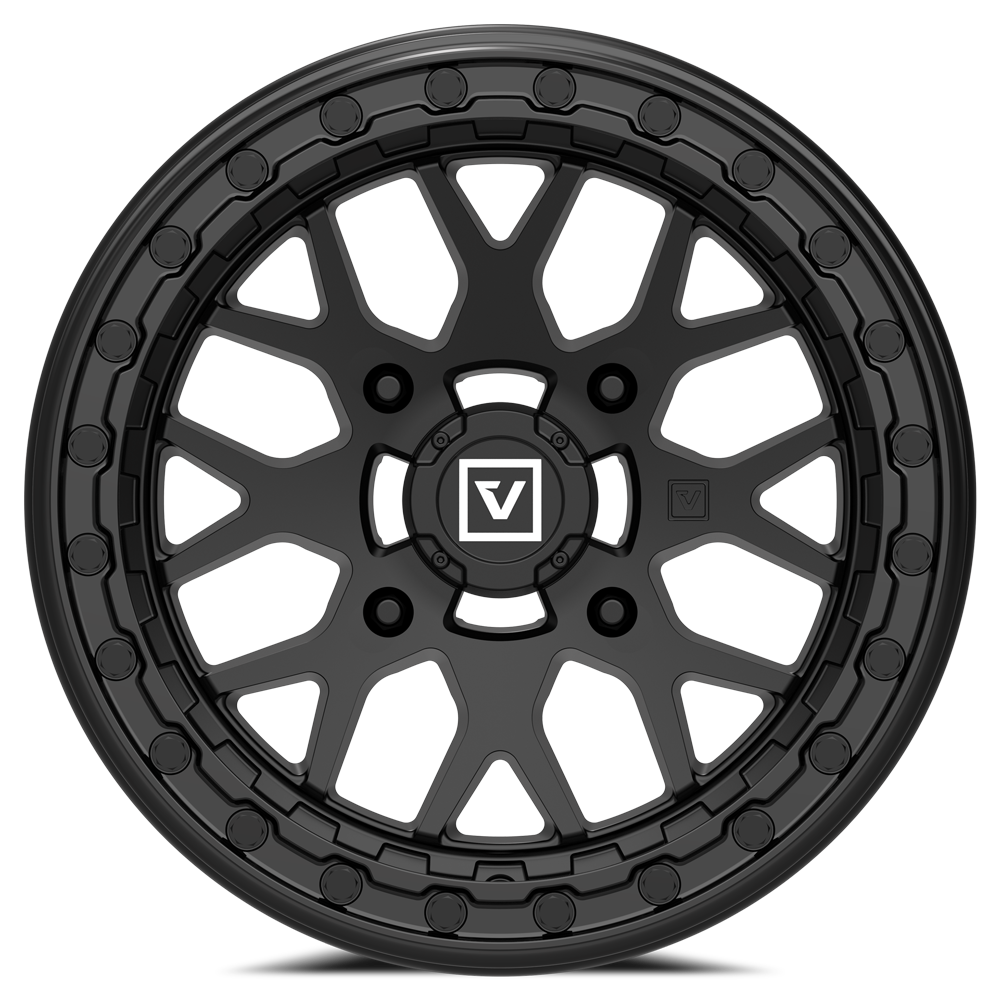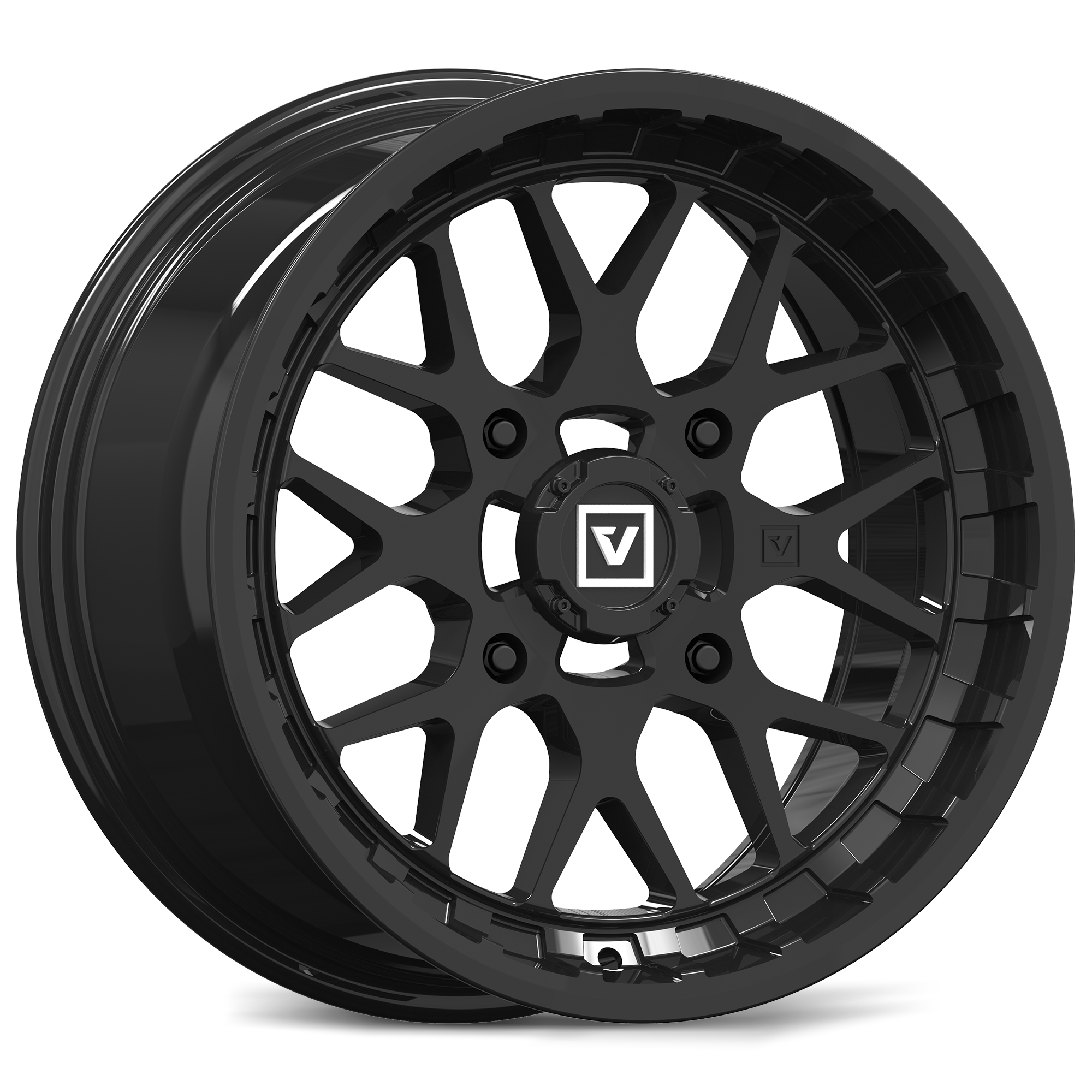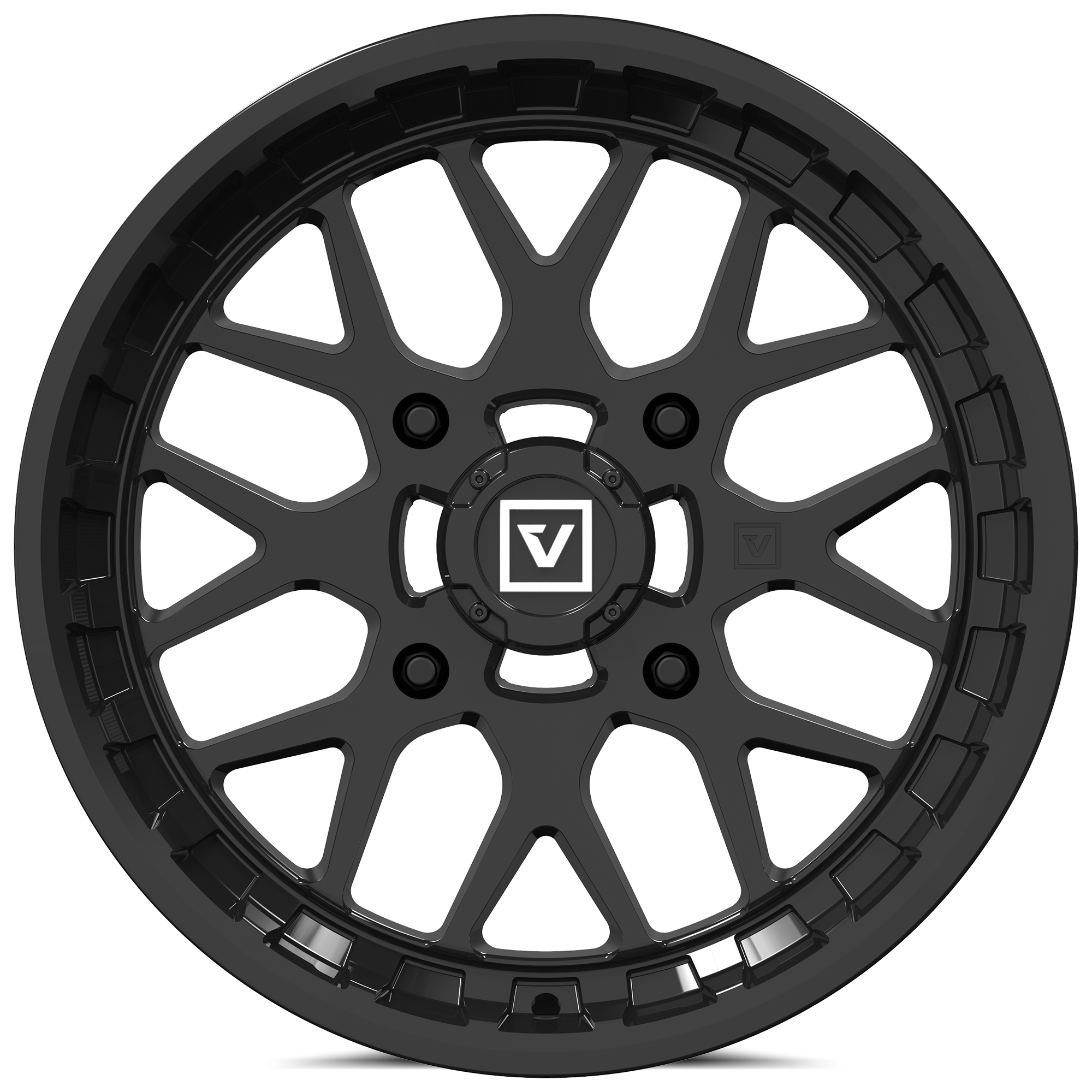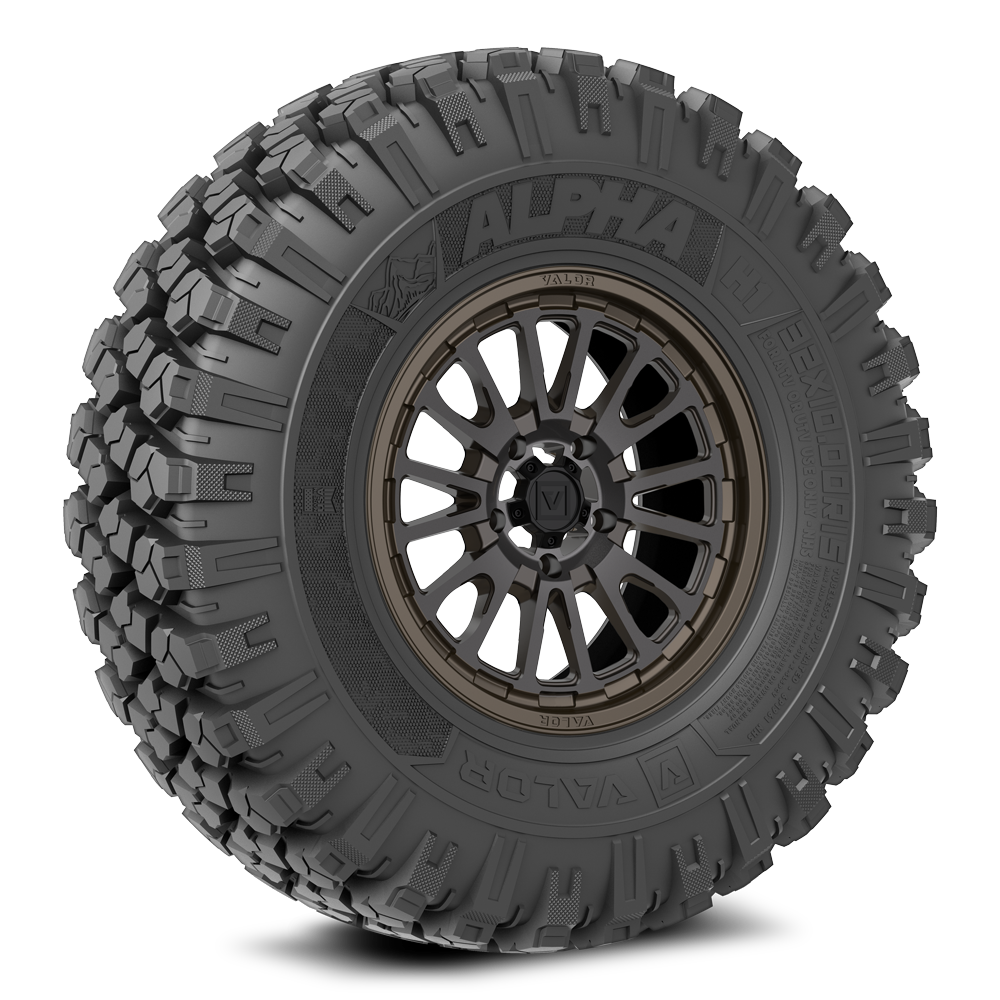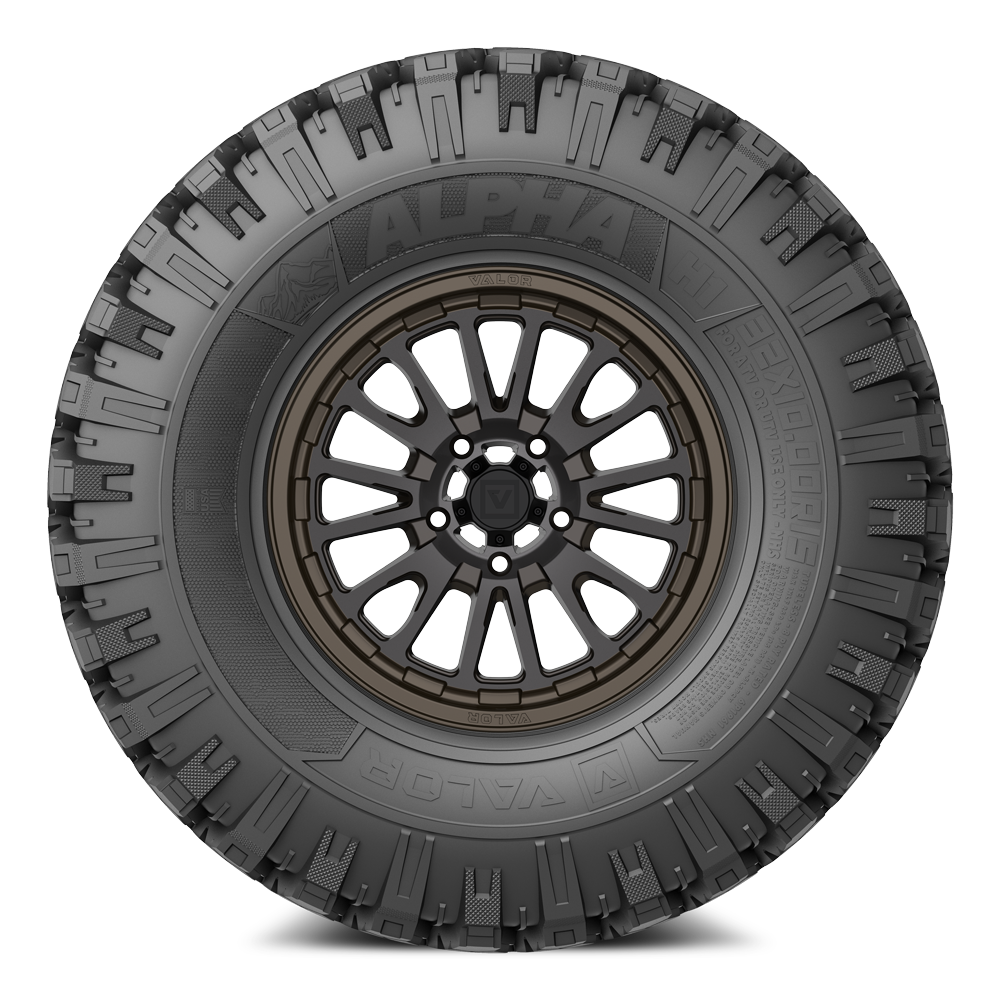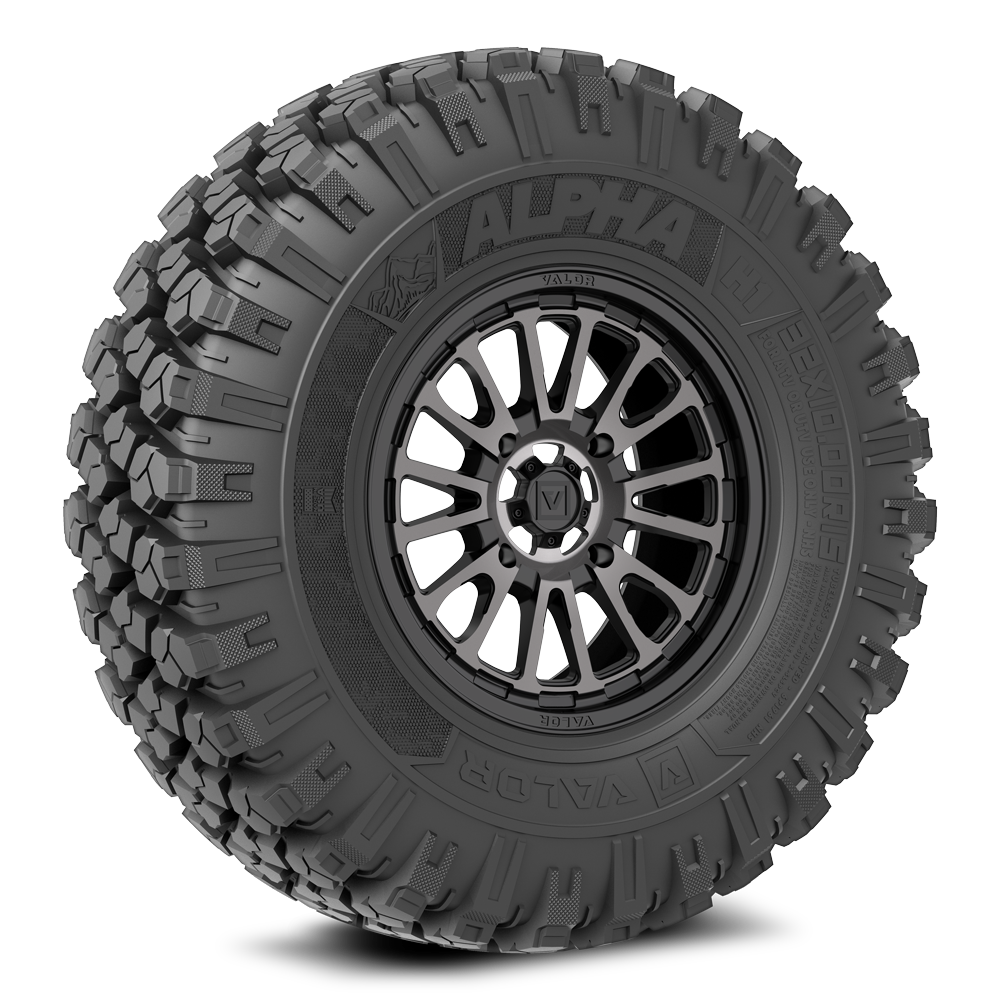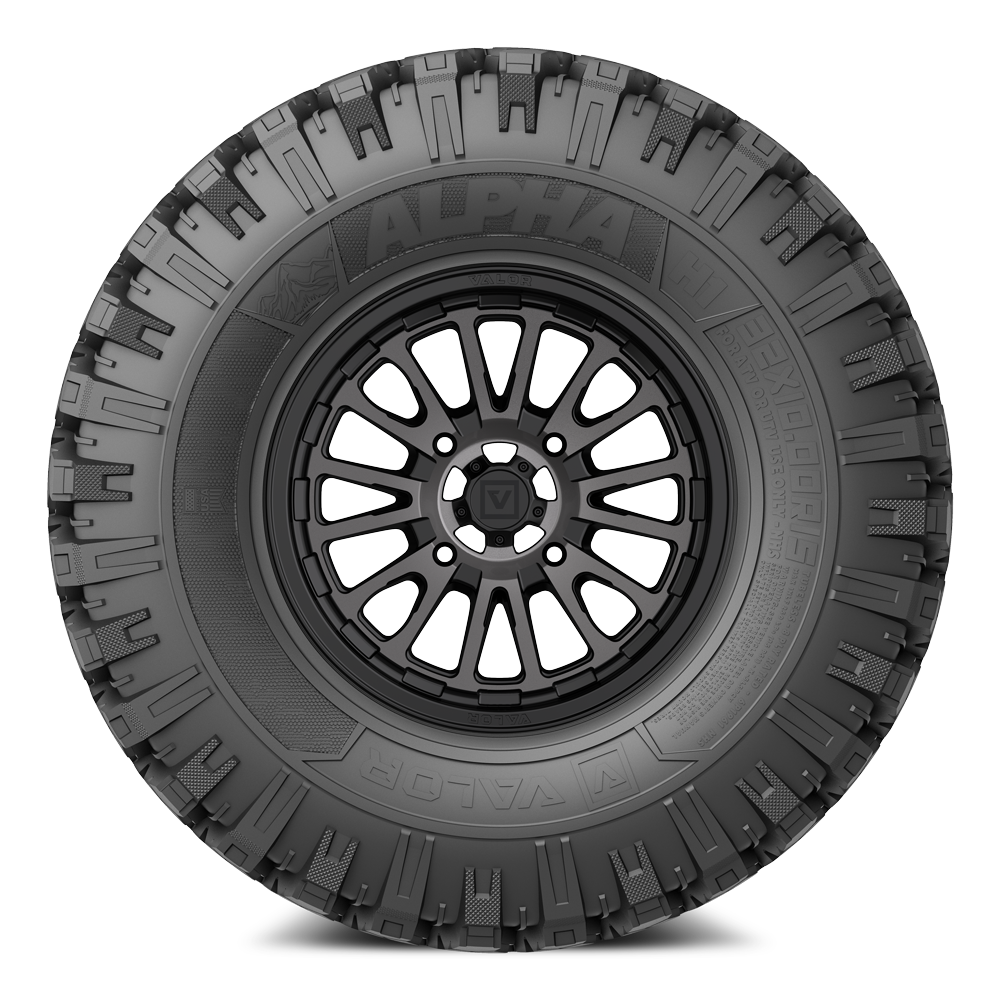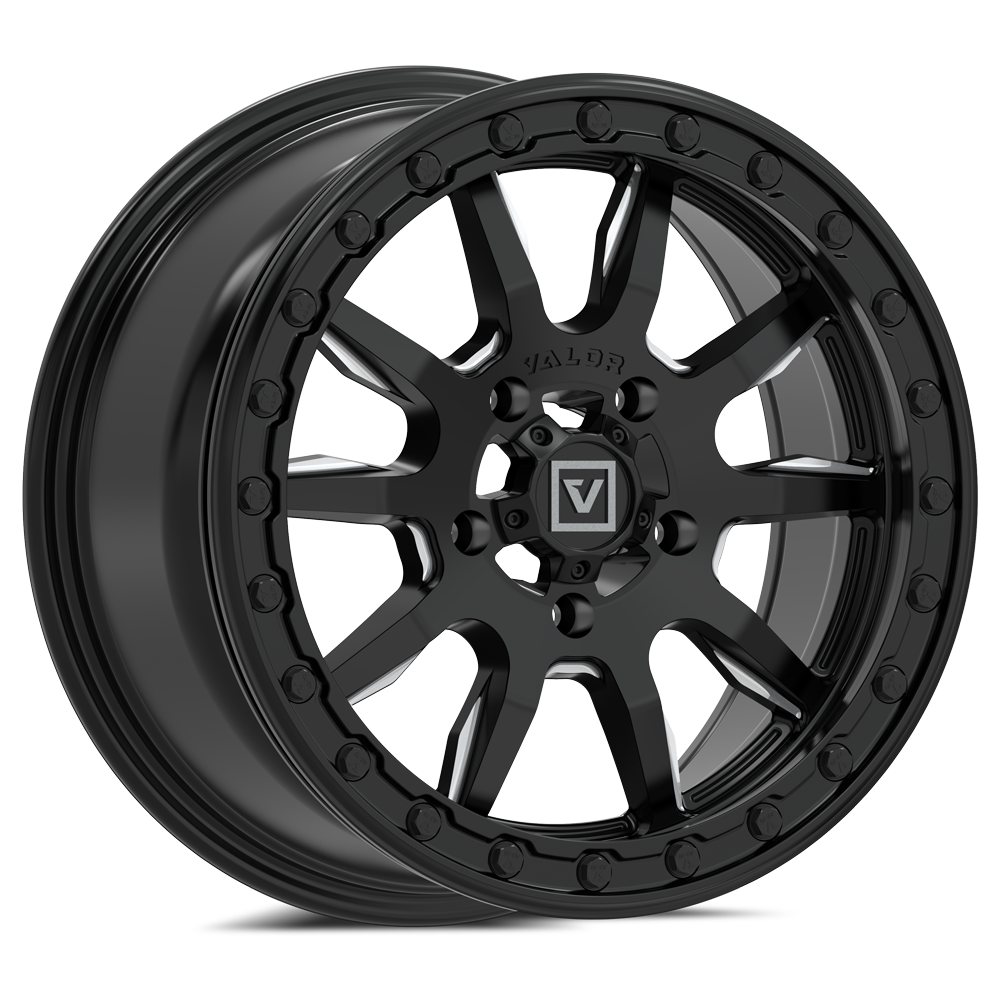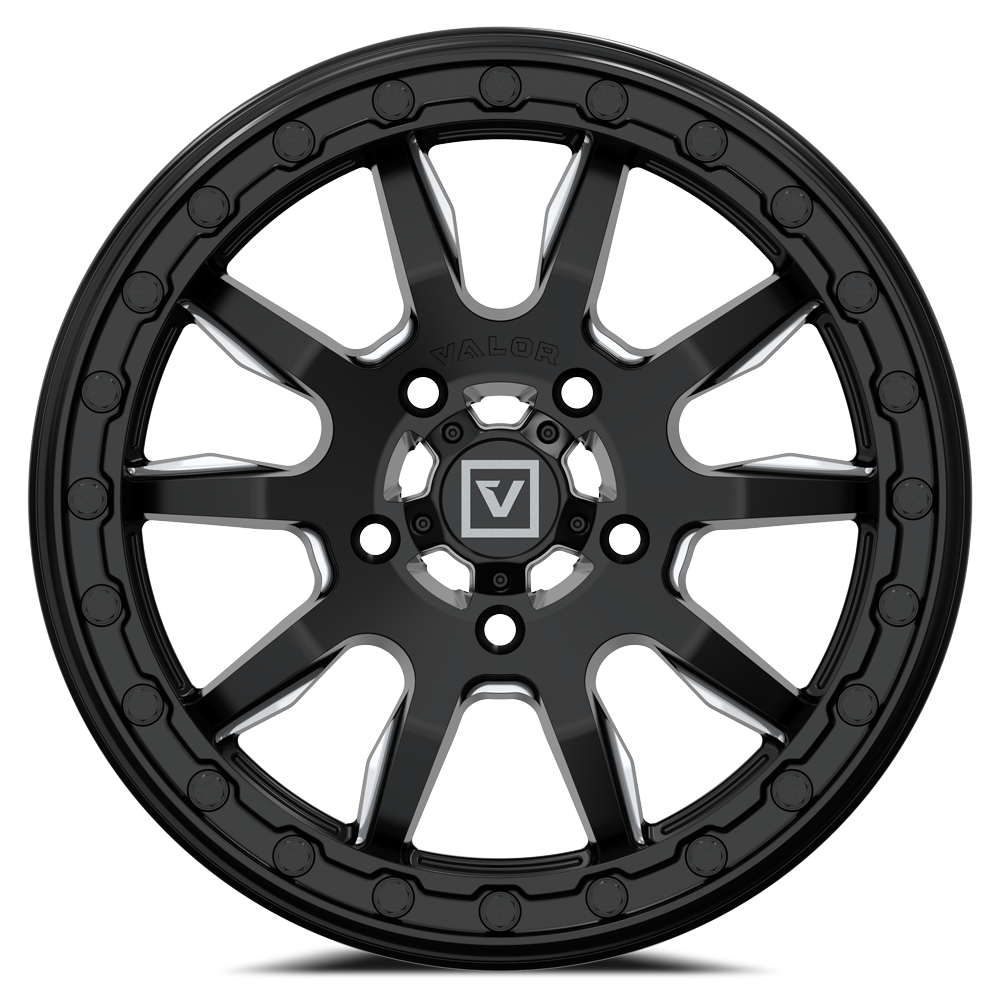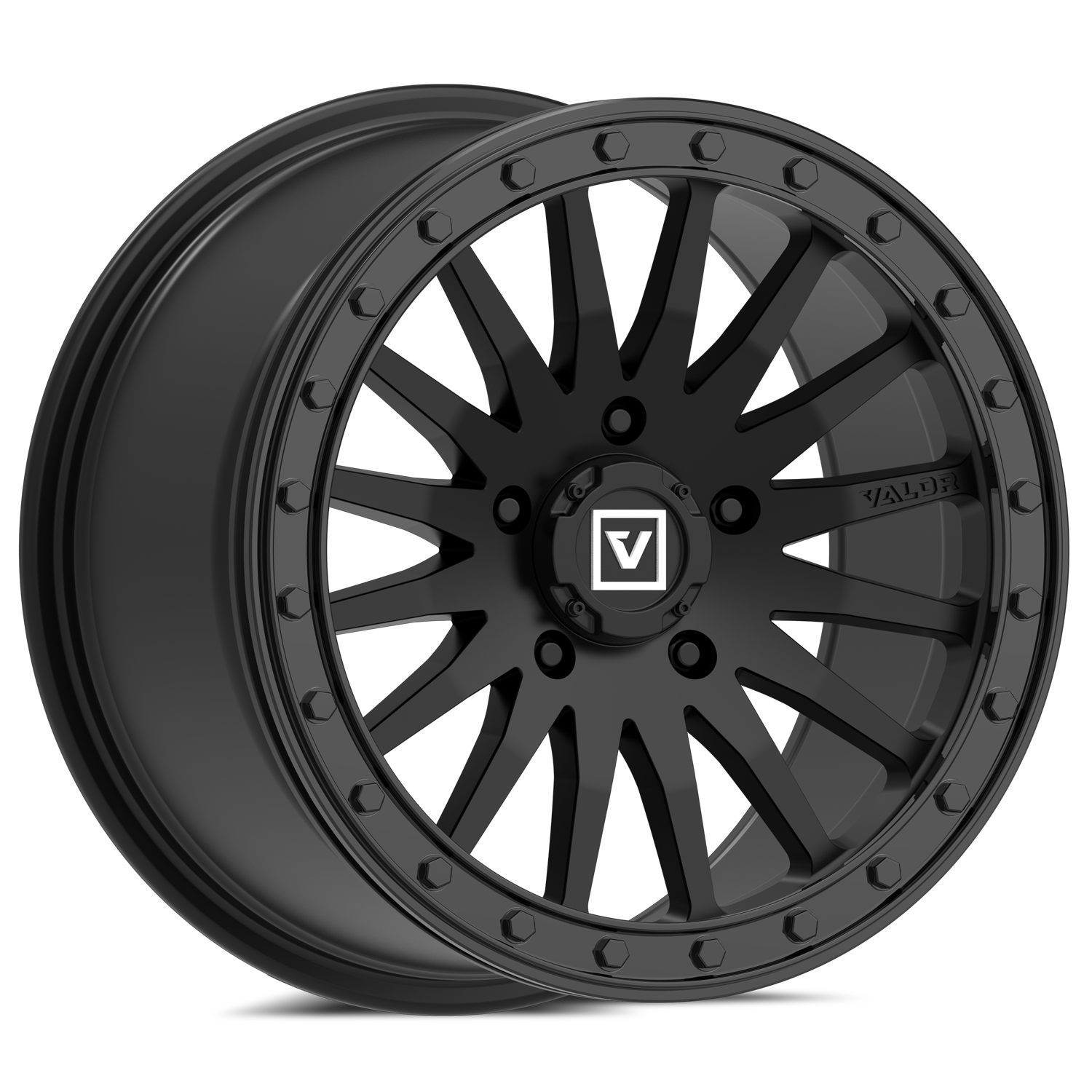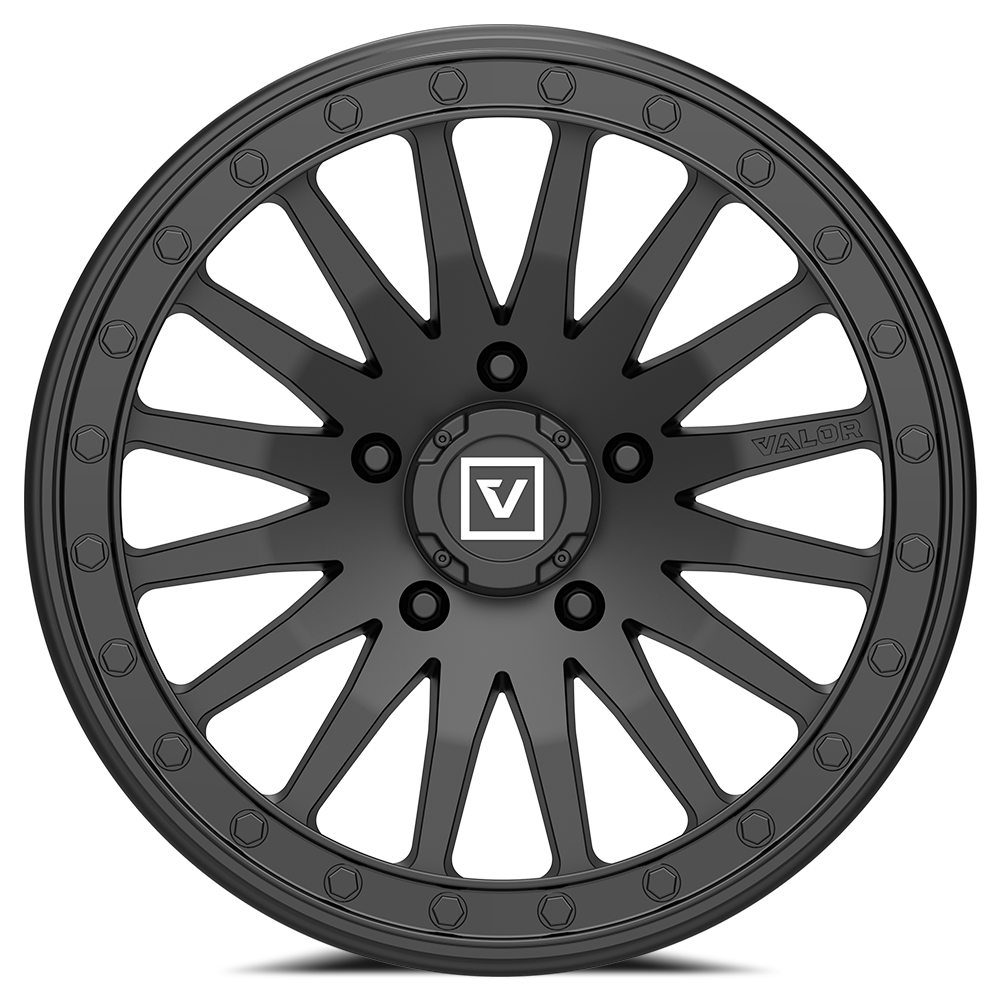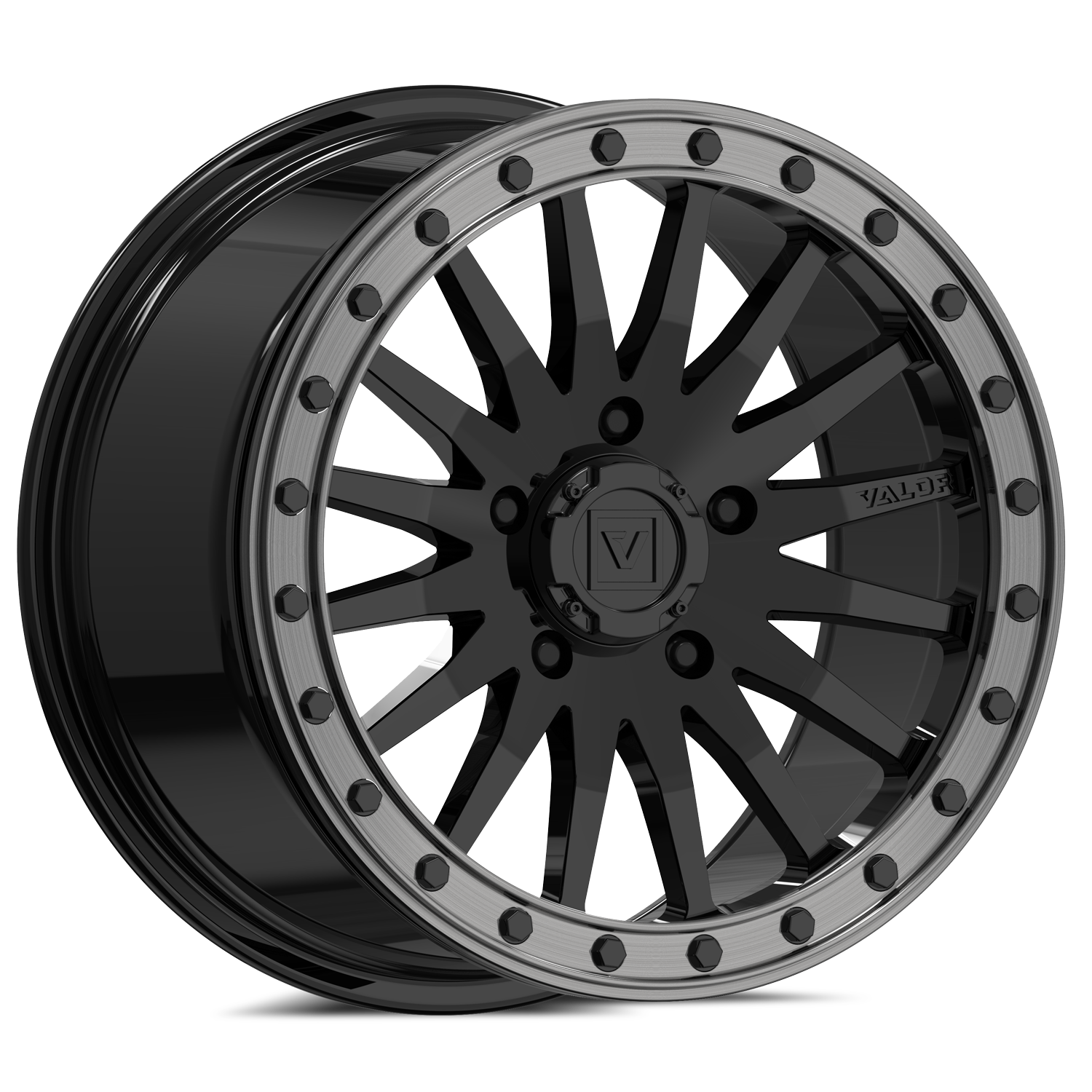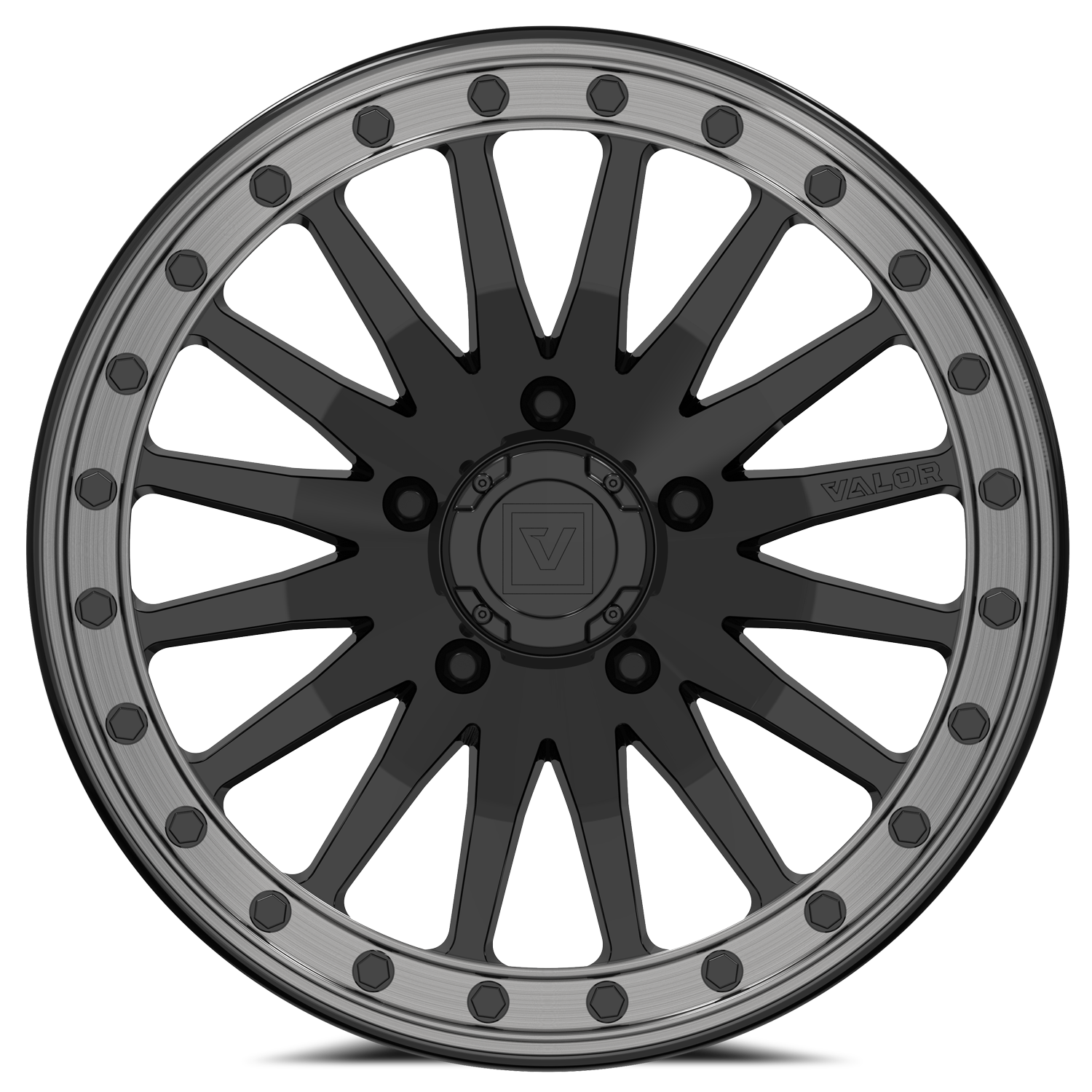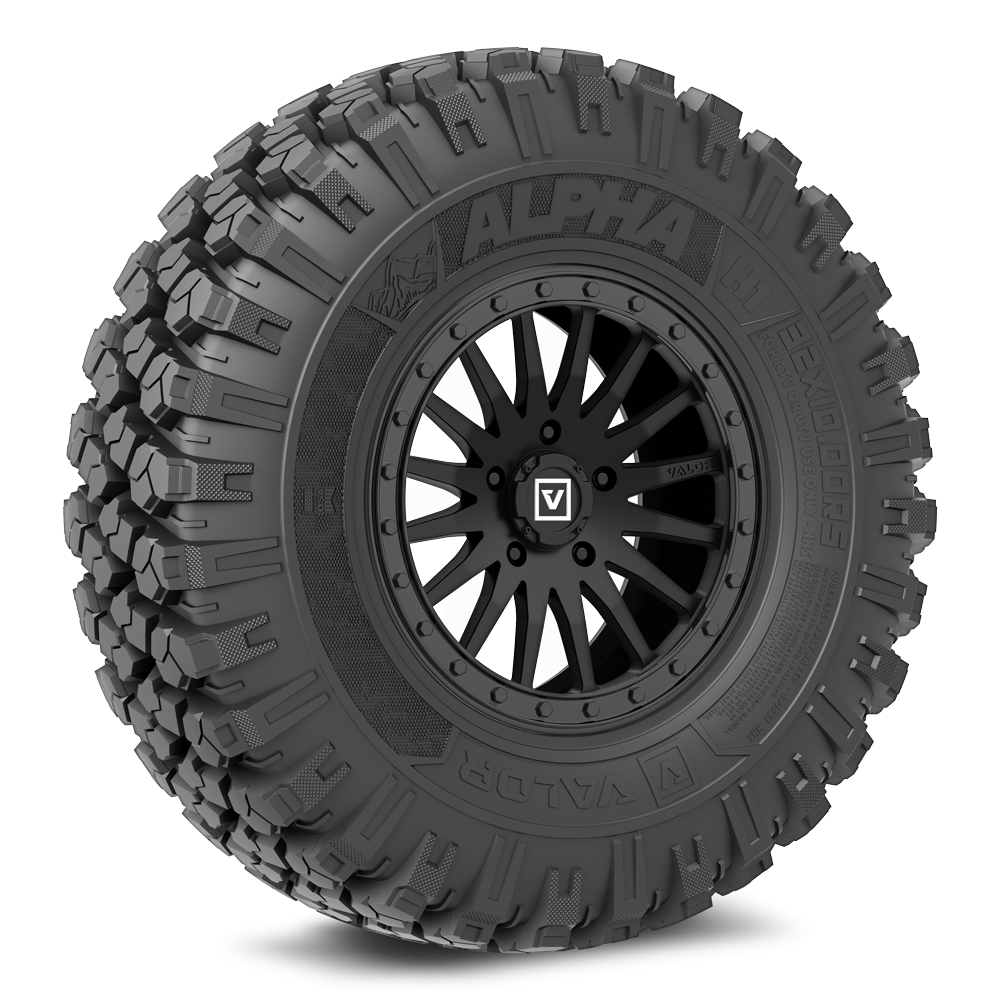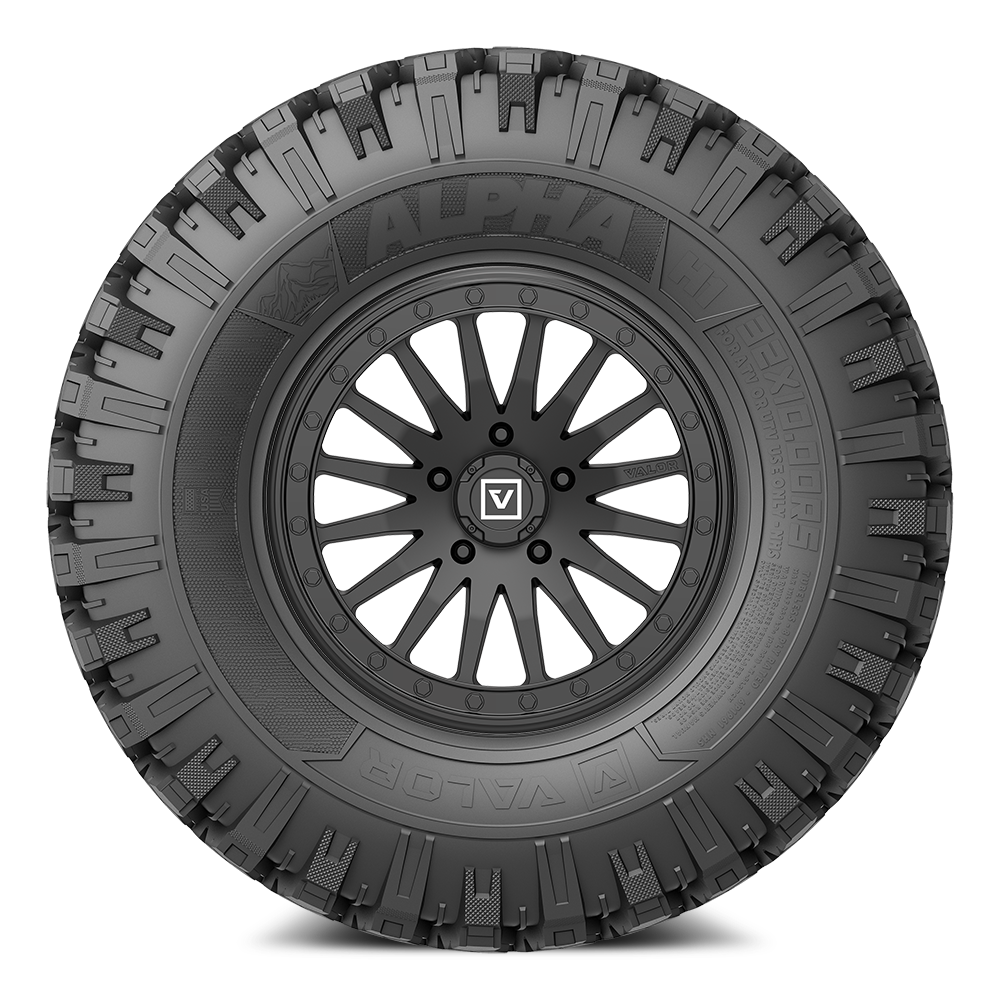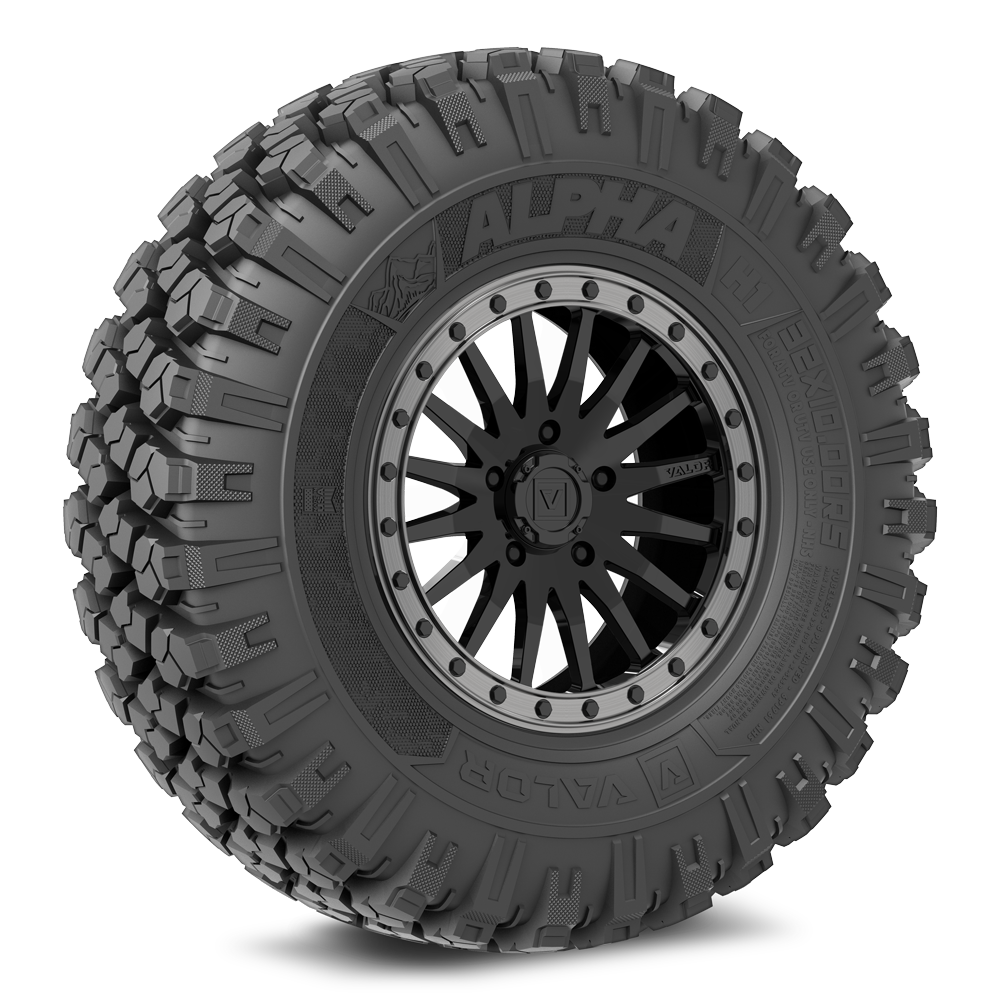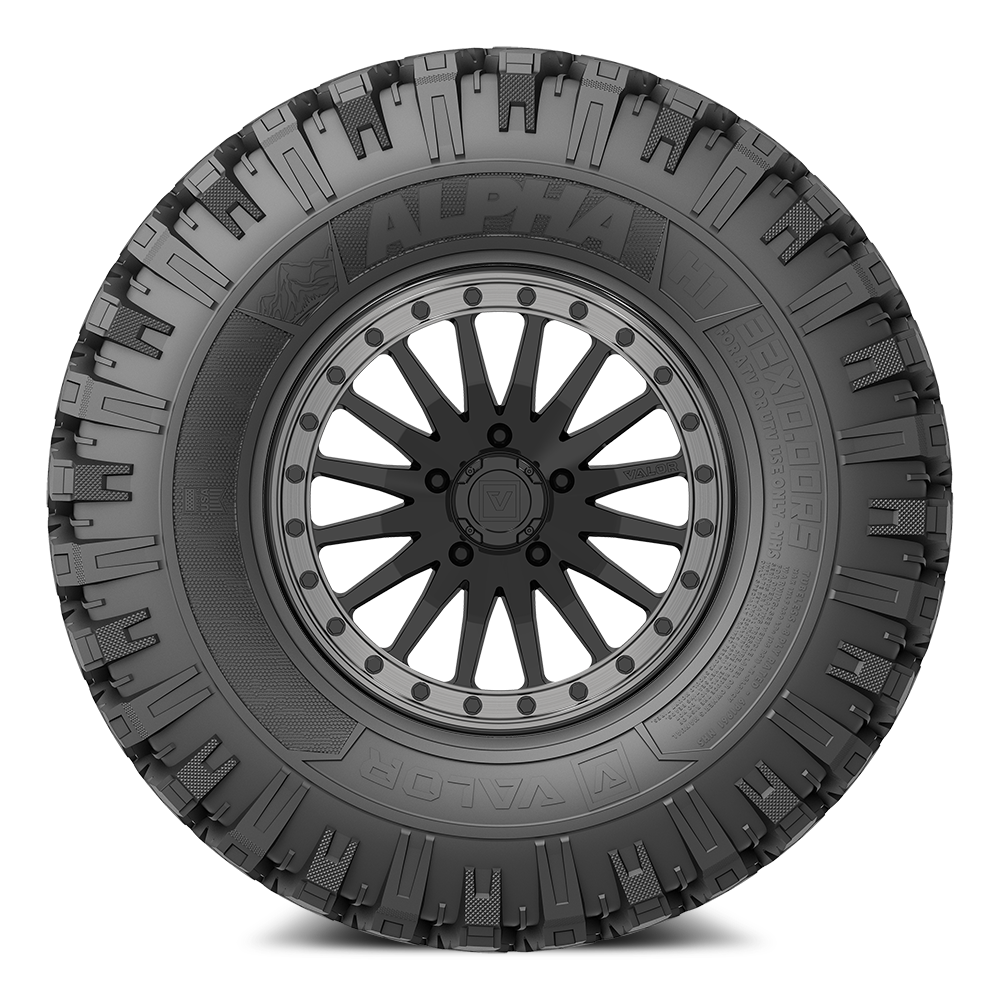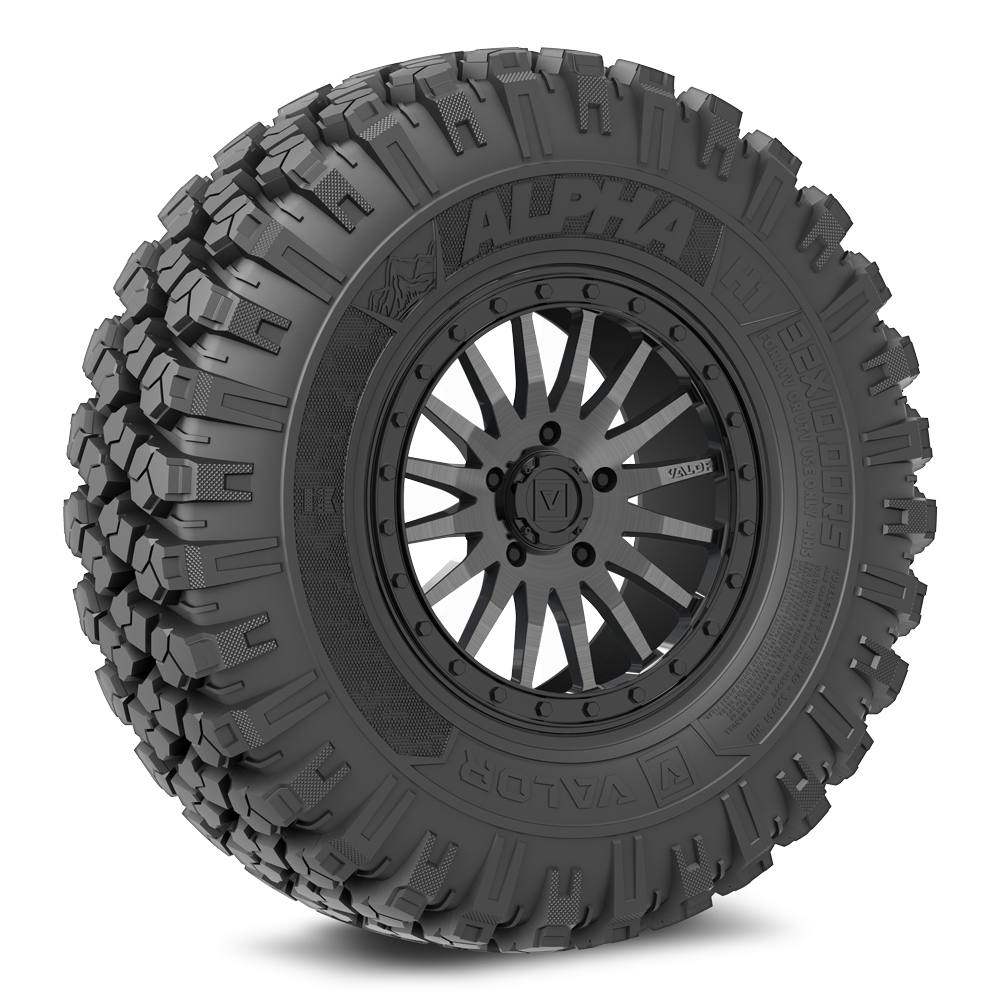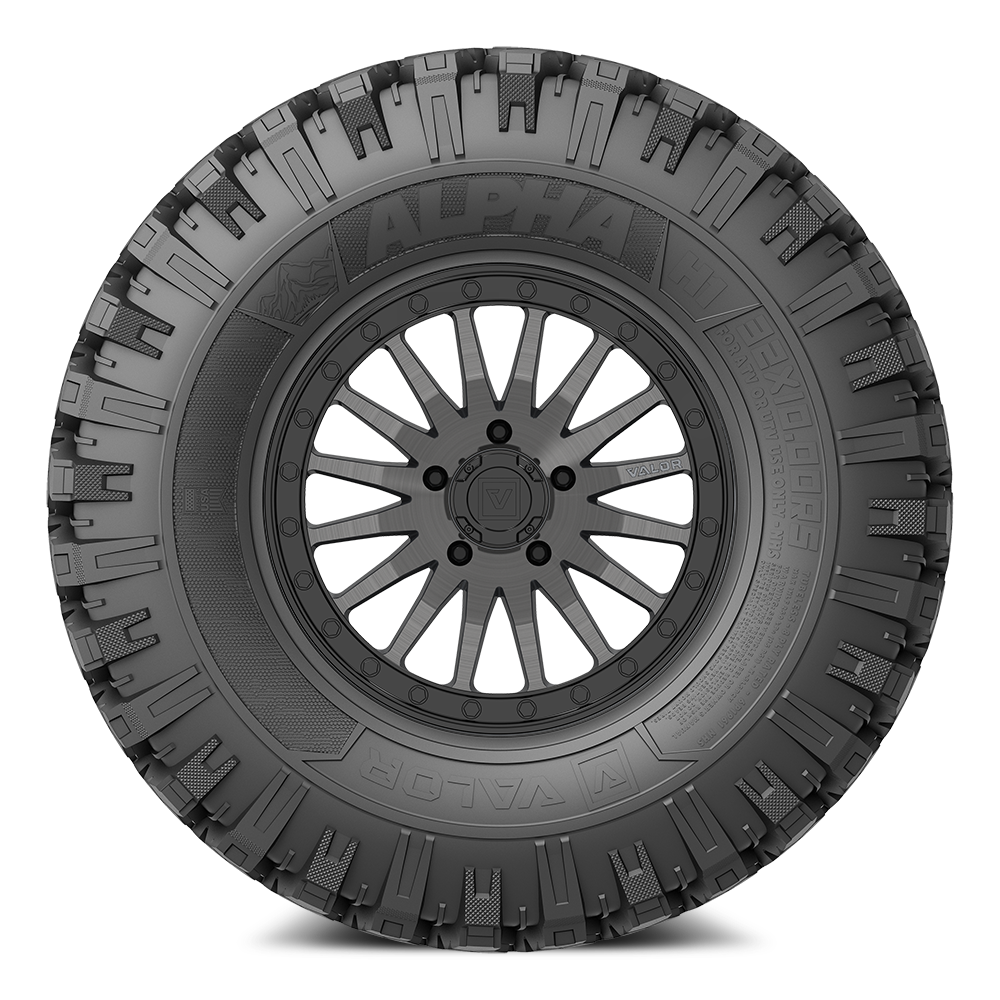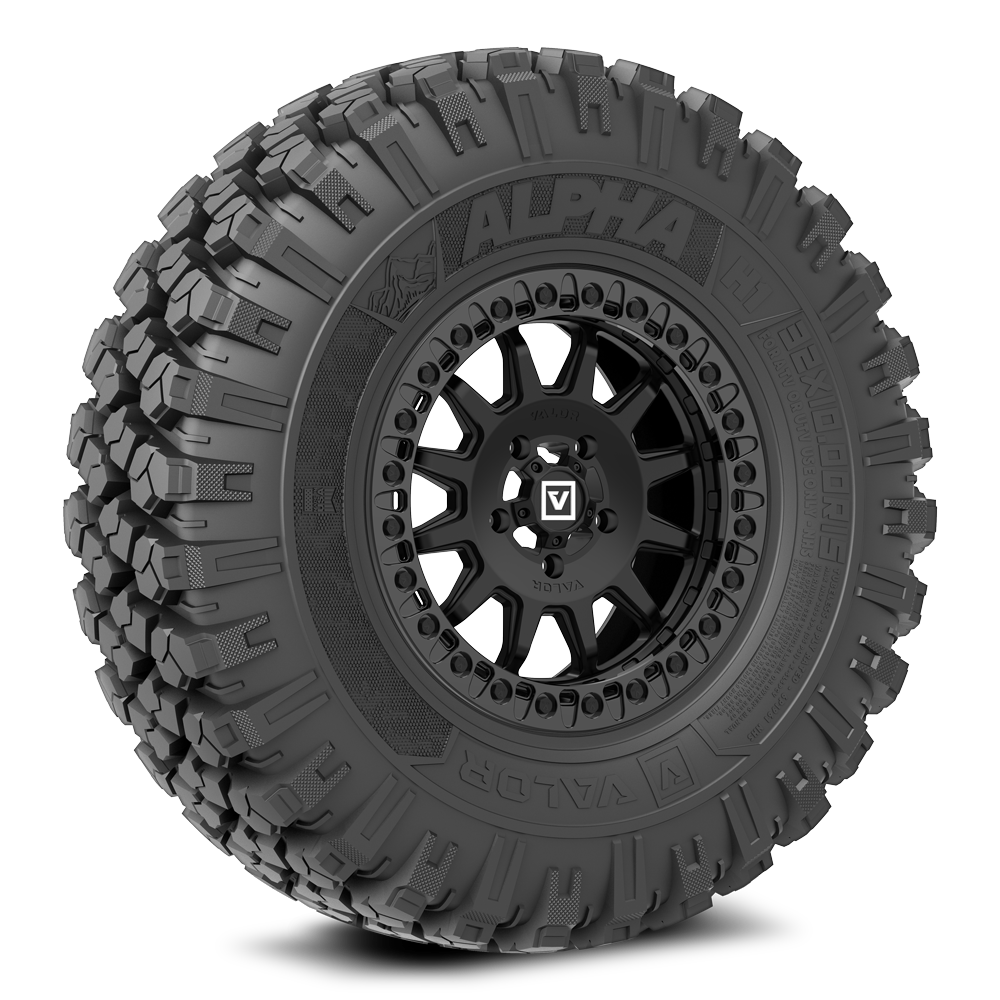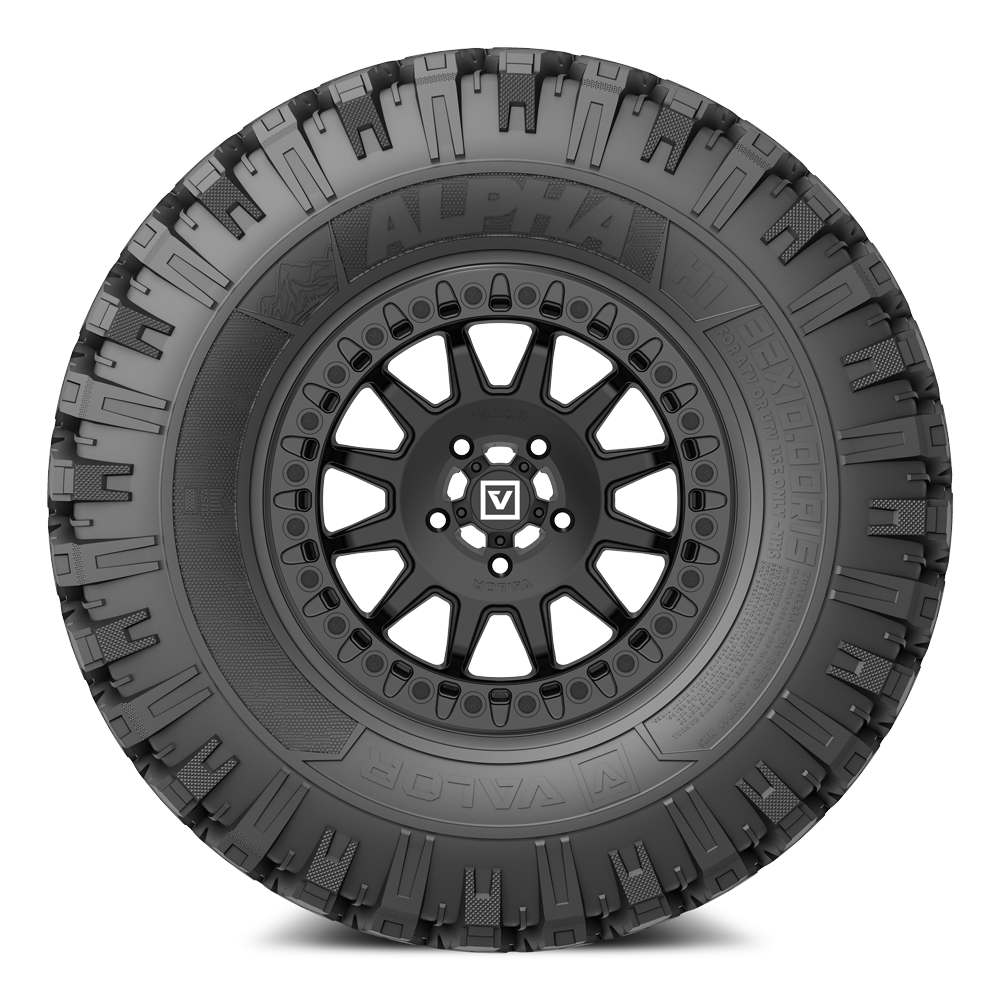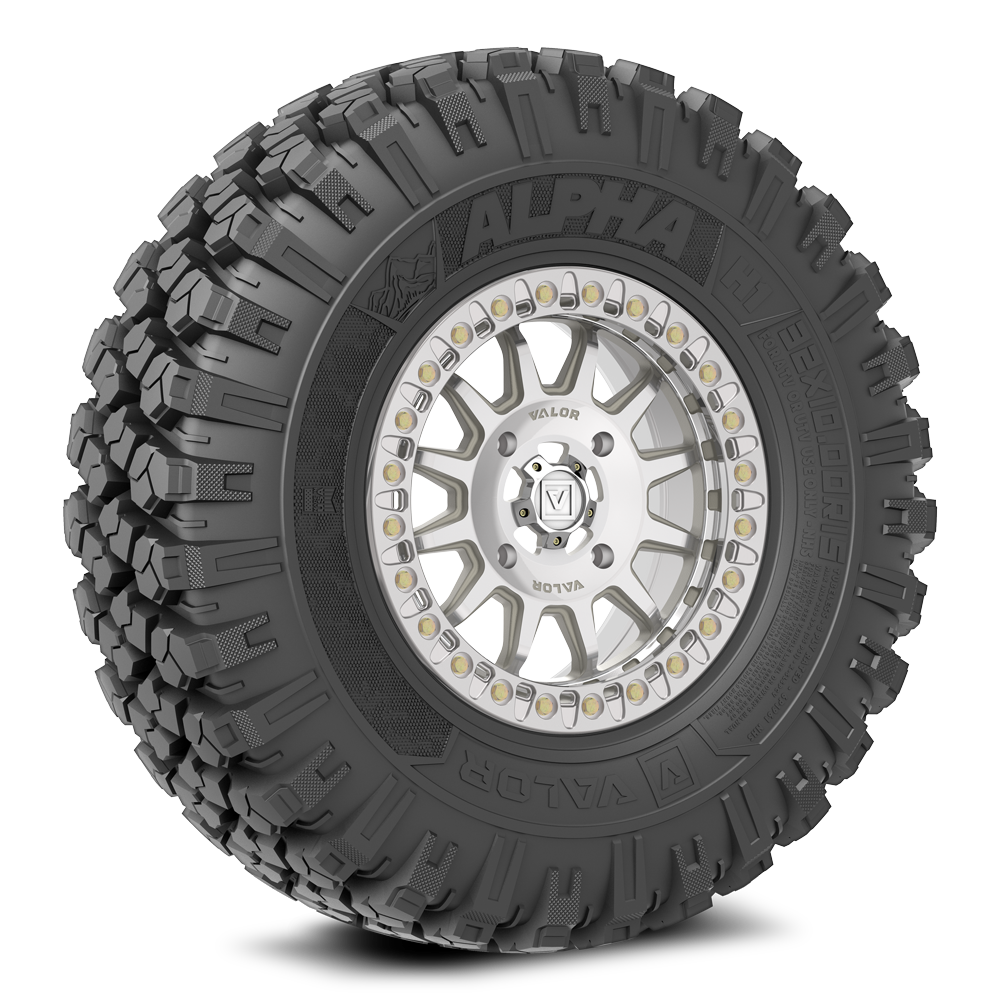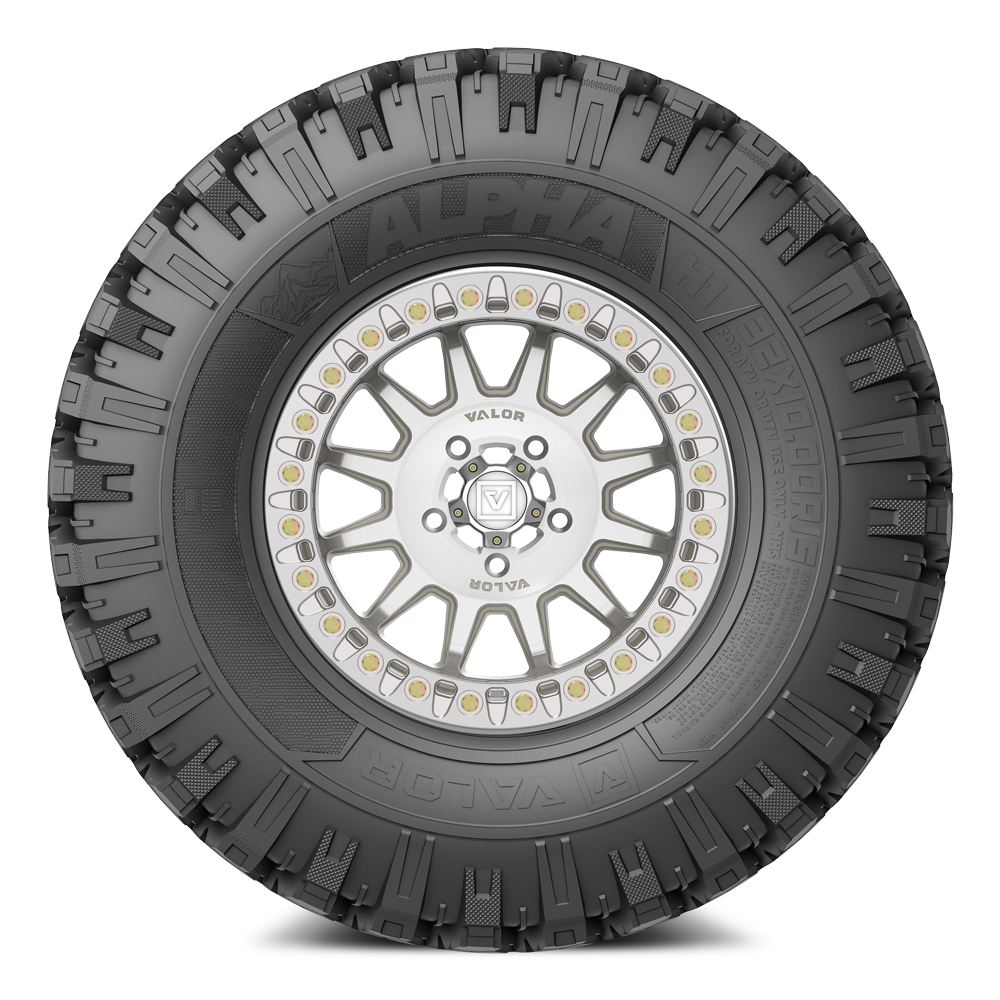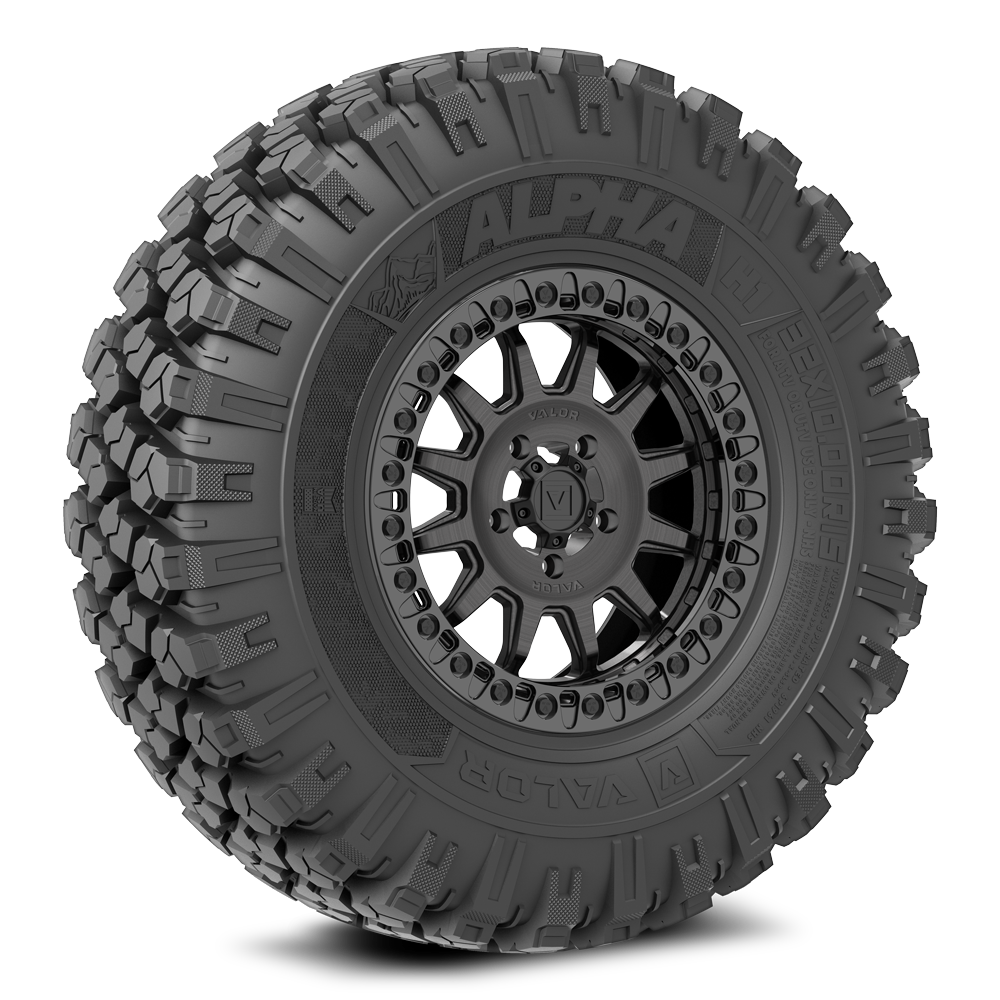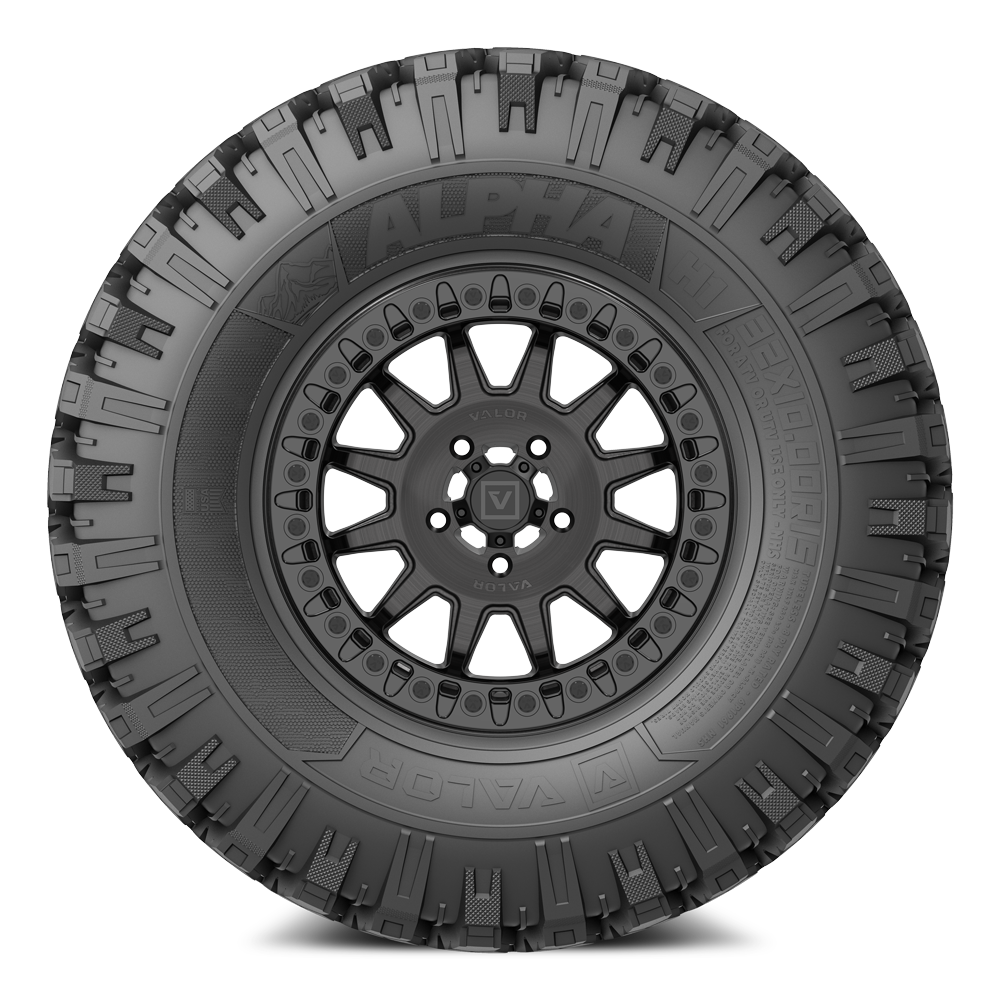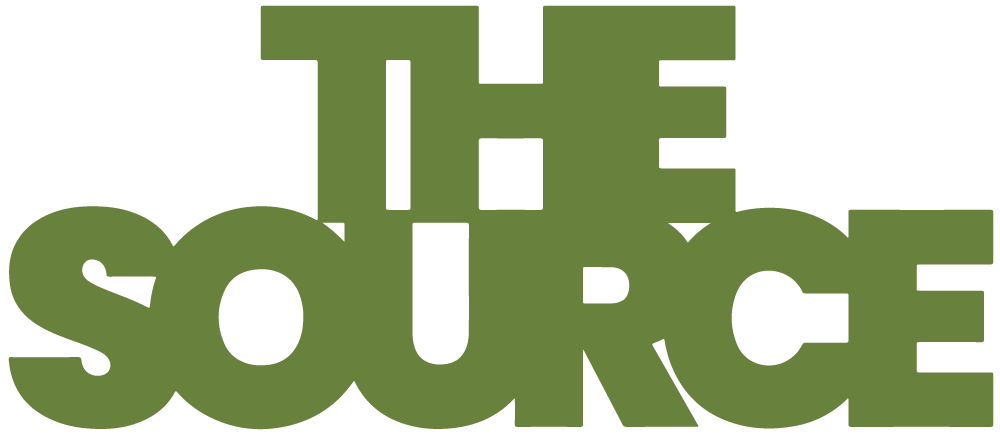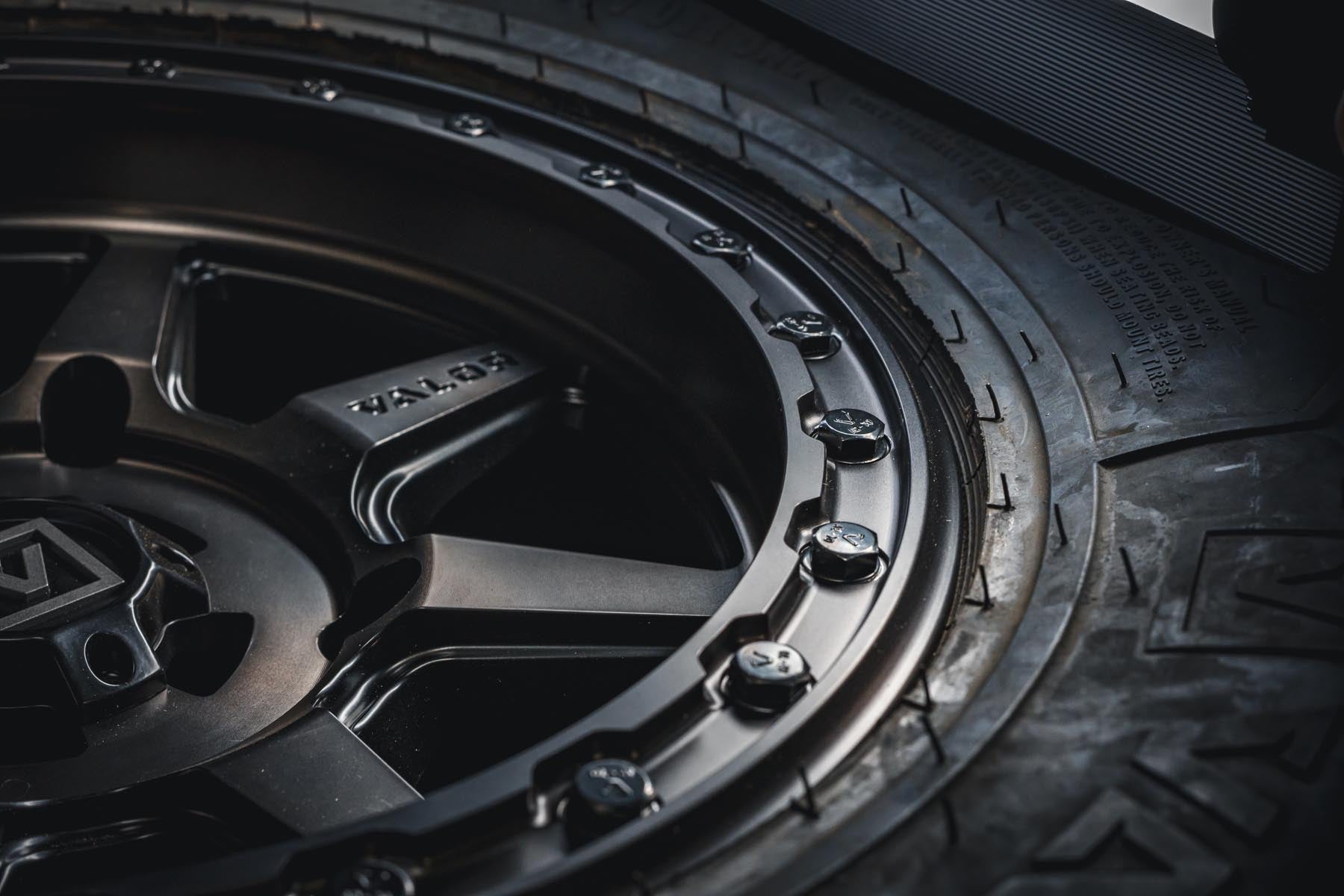If you're like most buyers today, you spend too much time researching before pulling the trigger on something you've had your eye on. I mean why wouldn't you? With the availability of the internet, it should be easy to shop these days for exactly what you want.... right? 😭 The answer is unfortunately no, it's a dumpster fire mess out there.
So, what is the best UTV wheel? Trying to get comparable specs is almost impossible these days, as many brands forego important product details for basic imagery and a neon "buy now" button. It's so frustrating. We get it: You have a budget, you know what you want, and you expect the optimal return on your investment. This is especially true regarding UTV wheels because not all UTV wheels are created equal. Let's dig in.
PRICE. STRENGTH. WEIGHT.
Wouldn't it be great if you could find a cheap, super durable wheel that weighs next to nothing? You and everyone else. Some brands build a super strong, lightweight wheel, but end up being extremely pricey. Other brands remain price competitive but may not hit your desired strength spec. What we're getting at is, you can't have all three. You have to pick two of the categories above and be ok sacrificing the third. So, are you willing to sacrifice price, strength, or weight?
Price:
If you are on a budget or unwilling to part with your hard-earned cash easily, price is a must. Because UTV wheels are manufactured using a wide variety of techniques and materials, the final price can vary from $100 to well over $1000 per wheel.
If you won't budge on price, cast aluminum 1-piece UTV wheels are for you.
On earth, aluminum is the most abundant metal, and the third most abundant of all elements after oxygen and silicon. This should come as no surprise that generally speaking, aluminum is readily available and easy to use.
Special property 1: Aluminum can be recycled indefinitely.
Special property 2: Unlike steel, aluminum resists corrosion (rust). This explains why it has always been the go-to choice for machined parts that are routinely exposed to rain, snow, mud, and debris.
Where does Aluminum come from? Aluminum compounds are found in most common rock types, including clay, slate, shale, granite, and anorthosite.
Strength:
Are you a habitual lead foot or not afraid to send your machine up/over/down any obstacle? Are you a racer? If so, strength is going to matter most to you.
If you plan to send it, forged or flow-formed UTV wheels are for you.
Forged aluminum wheels are manufactured using different technology than traditional cast aluminum wheels. This forging process can be much slower and requires special machines/tooling. Because of these factors, you'll pay top dollar for forged wheels, but the benefits may outweigh the expense.
Determining how "strong" a wheel is requires understanding load rating. As a standard, a wheel’s maximum load rating is determined by dividing a vehicle's heaviest gross axle weight rating by 2. The axle weight rating for most vehicles is shown on the identification label on the driver’s side door jamb, gas tank door, truck lid or glove compartment.
Because most wheel manufacturers aren't building wheels exclusively for a specific model of UTV or ATV, the wheel load rating (utv wheel strength) is determined by examining the industry's heaviest vehicle for each bolt pattern. As the industry evolves, new bolt patterns emerge, and load ratings must improve to ensure proper vehicle safety. An example is the Polaris 5x114.3 (5x4.5) bolt pattern for the Pro R. Any wheel built for this unique bolt pattern must match this specific vehicle load rating requirement. In contrast, a generic 4x156 bolt pattern fits everything from an entry-level ATV to a RZR 1000.
So... what are forged UTV wheels?
The hot forging process begins with an aluminum slug that is heated until it becomes pliable. The slug is then placed into the forging press, and it is either struck (mechanical press) or compressed (hydraulic press) into a formed die (wheel shape). The wheel emerges looking like the shape of the die.
These forging presses create incredible forces to move the material and are huge in scale. Mechanical presses can be three stories tall, with over half of the press underground. The building literally has to be built around the press. Since the material is formed, the grain structure is long and continuous, allowing one of the best properties of forging: incredible strength.

What are flow-formed UTV wheels?
Like the price of cast aluminum, but would prefer the strength and weight of forged wheels? Flow-formed wheels may be the perfect solution for you. Flow forming has the benefits of both the casting and forging processes. The wheel begins as a traditional casting, however the barrel of the wheel is not included. The casting is then heated and put on a turning die, and while the wheel spins, a hydraulically controlled tooling puts pressure on the heated wheel, drawing material out into the barrel shape. This process is unique because it allows the barrel to be thin (lightweight) while having the strength of a forging.

The process is "technically" forging because the grain structure on just the barrel is laid long and continuous (just like forged); however, the wheel face is a basic aluminum casting. You're going to see more flow formed wheels in the 18"+ sizes because the cost to manufacture is justified in the upgraded weight/strength attributes. Any wheel under 18" will achieve nominal weight savings and strength for the additional price you'd pay, hence why you don't see a lot of 15" flow formed wheels for UTVs (yet).
Weight:
Ooof. The infamous weight debate. For what seems like centuries, gearheads and offroad enthusiasts have long debated the sacred purpose of lightweight UTV wheels. Deciding what priority to put on UTV wheel weight may be predetermined by what kind of rider you are. If you have a full 32-quart cooler onboard, you may be less inclined to worry too much about a few pounds here and there. Wheel weight may be a deal breaker if you have a carbon fiber race dash and only carry the necessities.
A vehicle's total weight is the sum of all its parts and affects its ability to accelerate, brake, and corner. Reducing the total weight will enhance the vehicle's performance because less weight needs to be controlled, and therefore, less energy is required. Unsprung weight is the weight under the springs, which moves up and down as the vehicle rides over uneven roads and leans in the corners.
Reducing unsprung weight allows the springs and shock absorbers to control the suspension's movement more effectively. Additionally, a vehicle's rotational weight includes all parts that spin, including everything in its driveline, from the engine's crankshaft to its wheels and tires. This affects the energy required to change speed as the vehicle accelerates and brakes. As you can see, reducing the weight of any rotating components will enhance the vehicle's performance because less energy will be required to increase or decrease their speed.
If you count ounces, forged or flow-formed wheels are for you.
The forging process may come at a hit in your wallet, but the weight savings and improved strength can be incredible. You'll notice forged wheel styles have super-thin spoke designs. This is achieved by the improved strength of the forged material, which reduces failure and allows wheel designers to get creative in ways that would be impossible on traditional cast wheel spoke design.
Other wheel manufacturing techniques:
Carbon Fiber: Carbon fiber wheels are the absolute lightest UTV wheels in the industry, but you'll spend your kid's college fund on a set. Carbon fiber's downfall is its strength, which makes it a terrible all-terrain option but an exceptional sand option.
Multi-Piece: Do you want 100% custom wheels where you get to pick the width, the offset/backspacing, colors, etc? Multi-piece wheels have entered the chat. The sky is the limit on 2-piece or 3-piece wheels. The "pieces" refer to the parts that make up the wheel that can be interchanged so that virtually any wheel can be created. Downfall: You must periodically re-torque each bolt to ensure your wheels don't leak air.
- 2-piece UTV wheels: These wheels are composed of (1) front and (1) rear pieces assembled together by a series of bolts and nuts. The front consists of the wheel's face, hub, and lip, while the rear consists of the back barrel.
- 3-Piece UTV wheels: These are the same as above, but the wheel is broken down even further so that you can customize the depth of the front lip. The three pieces are the front lip, center face/hub, and rear barrel.

The Verdict:
Dollar for dollar, cast aluminum wheels are still the best UTV wheels on the market. They bridge the gap between your weekend warriors and daily senders. Cast aluminum load ratings are more than enough for 95% of the riders out there, and advancements in technology/manufacturing have pushed cast aluminum UTV wheels into hardcore racing events and taken home plenty of trophies for their riders. If you can afford it, look at some of the other options, but for everyone else out there just looking to stay safe, have fun, and live to ride another day, cast aluminum UTV wheels are the best.
Pros/Cons of Cast Aluminum Wheels:
- Excellent price point
- Each wheel is an exact copy of the mold
- Designs can be as loud as you want
- Tight tolerances and uniformity
- Unable to match the strength of forged
- Softer material = more carnage to the wheel when you wreck
Pros/Cons of Forged Aluminum Wheels
- 20%+ stronger than cast
- 15%+ lighter than cast
- Thinner/less material so the UTV wheel is lighter
- Up to 800%+ more expensive than cast
- Reduction in weight rarely justifies cost
- Designs are limited to simple, flat spokes due to the forging process
Pros/Cons of Flow Forming
- Best of both worlds
- Race quality strength
- 10%+ lighter than cast
- 10%+ stronger than cast
- 15%+ More expensive than cast
- Hard to find because the return on investment is nominal
Learn More
Check out our other posts to learn more. Click "The Source" in the top navigation to get started. Valor Offroad is your one-stop shop for the 411 on all things offroad. Have other questions? Hit us up anytime during regular business hours, and we'll do all we can to help you out! (602) 935-0009

